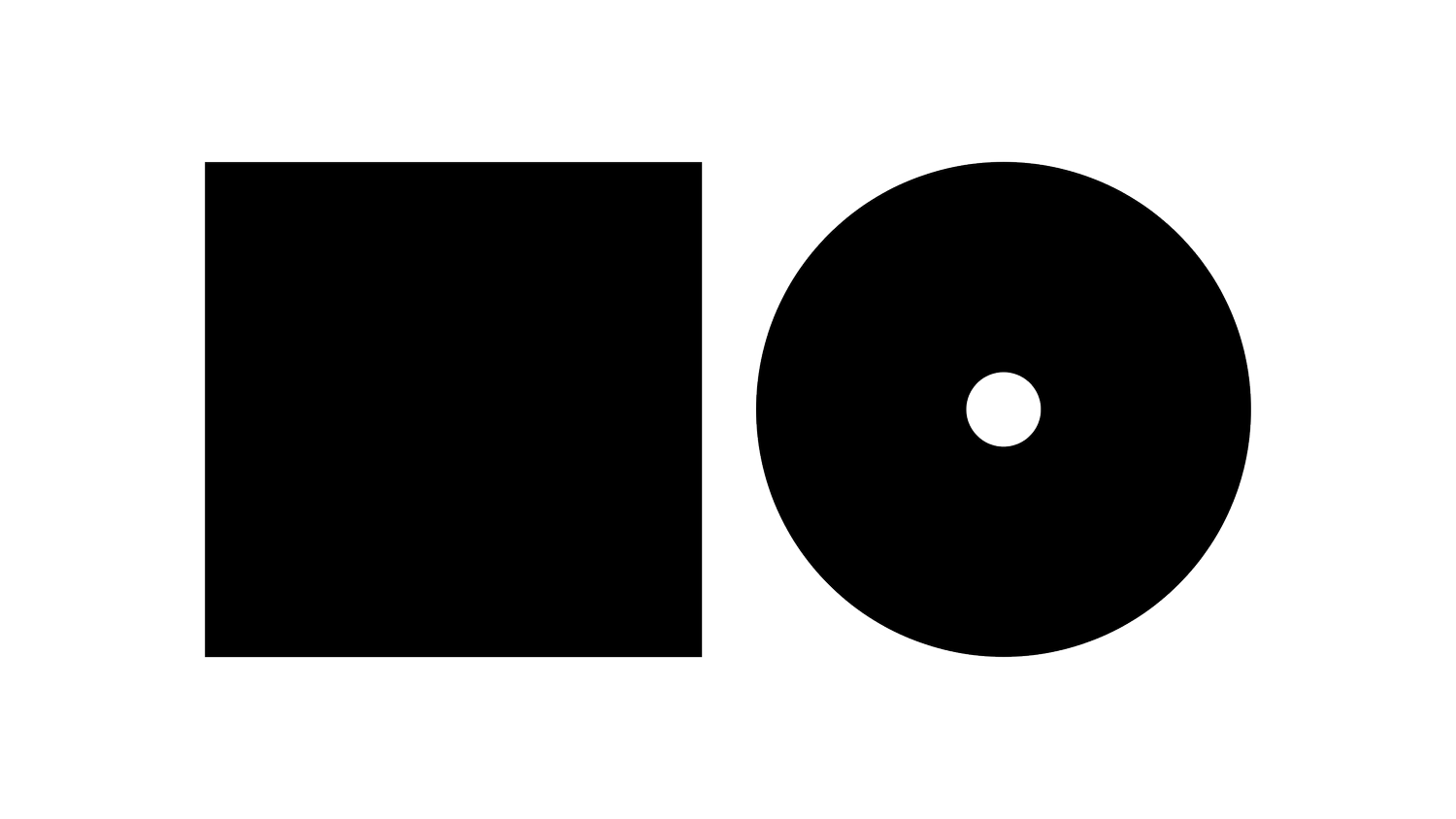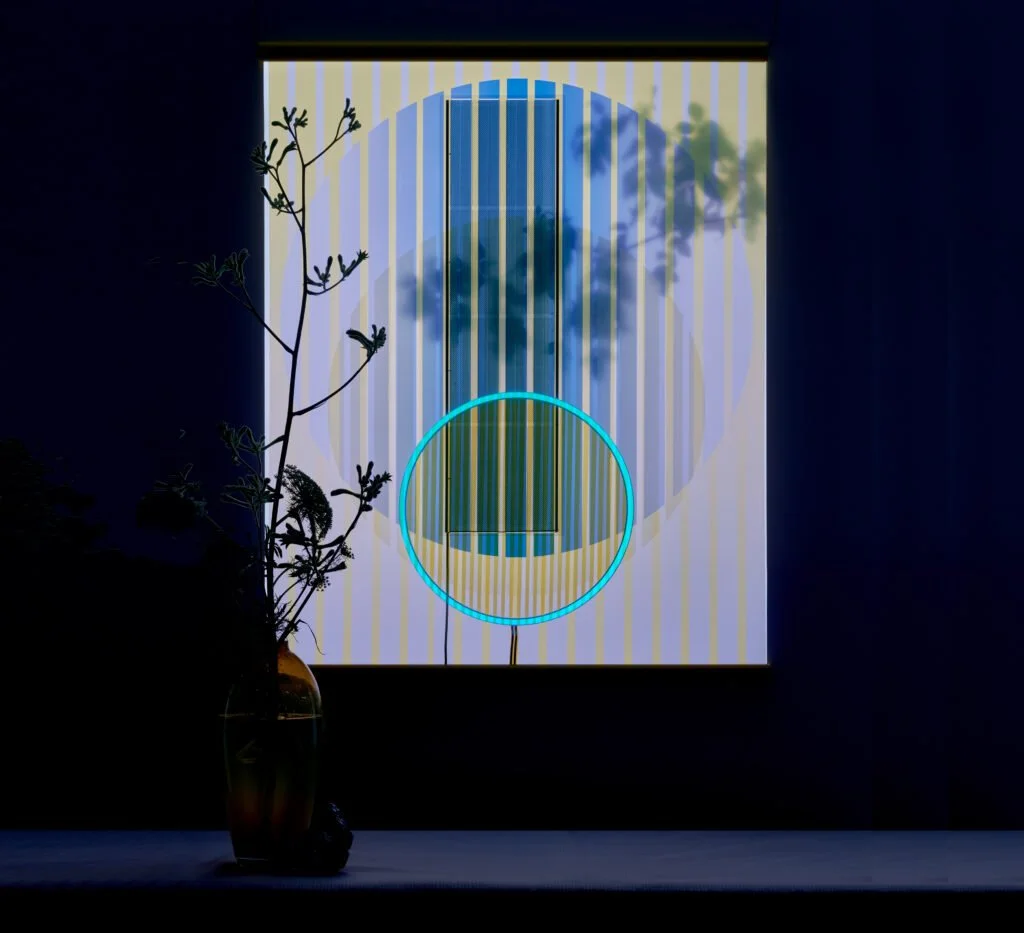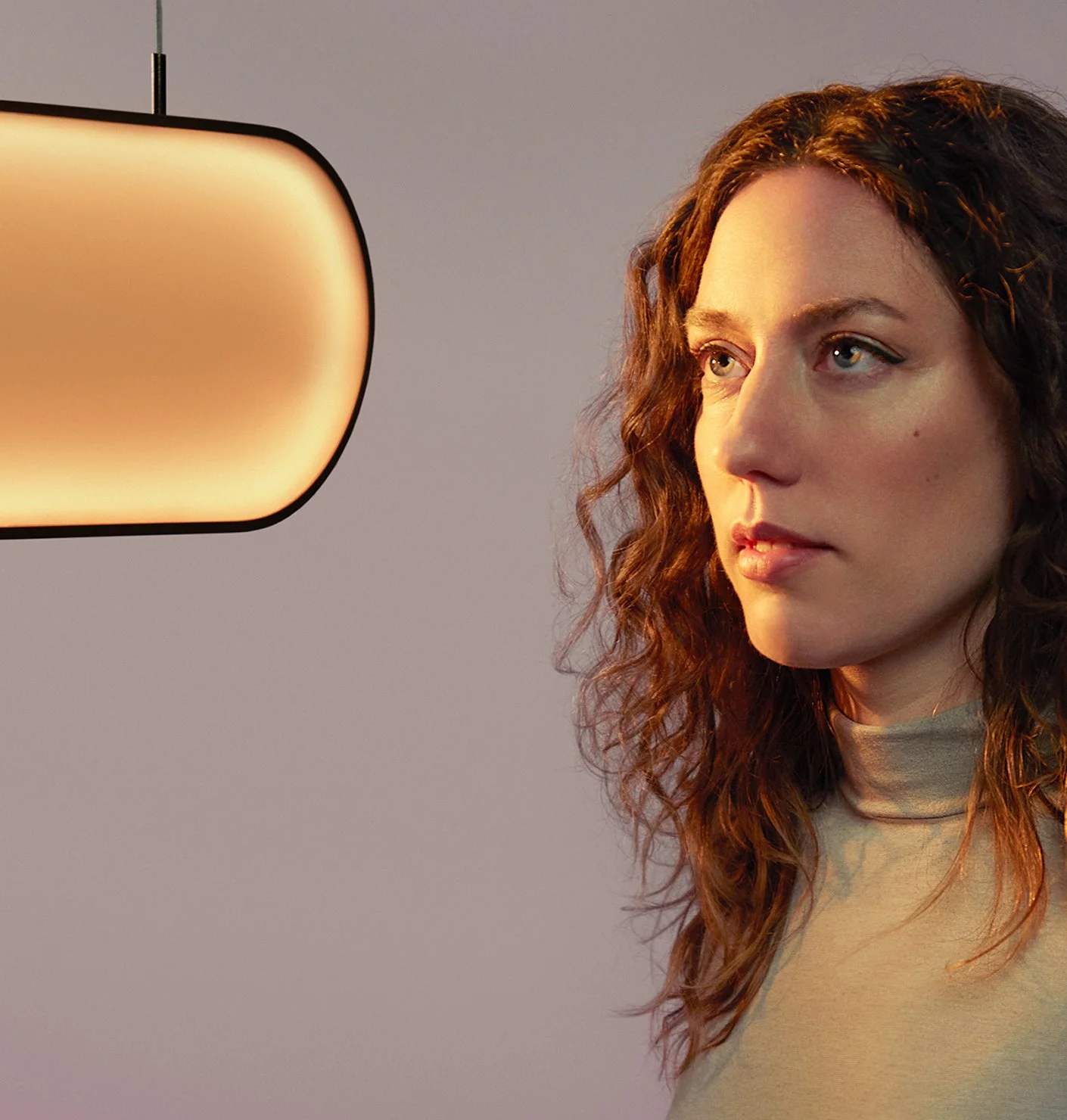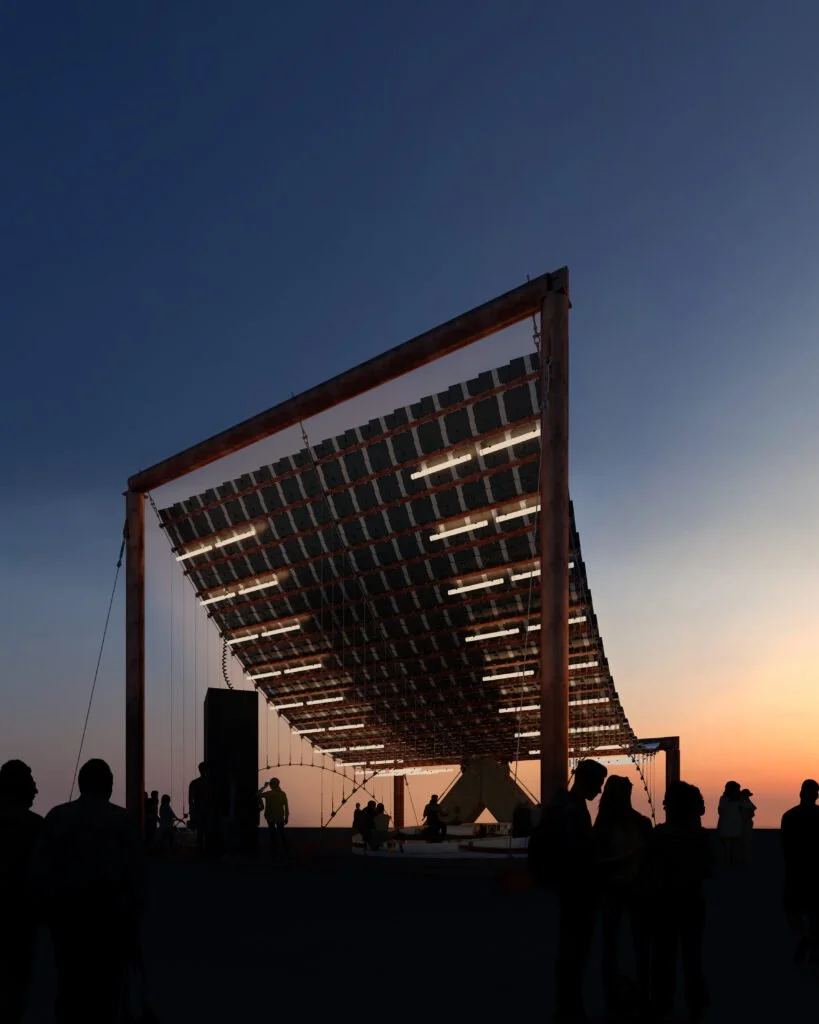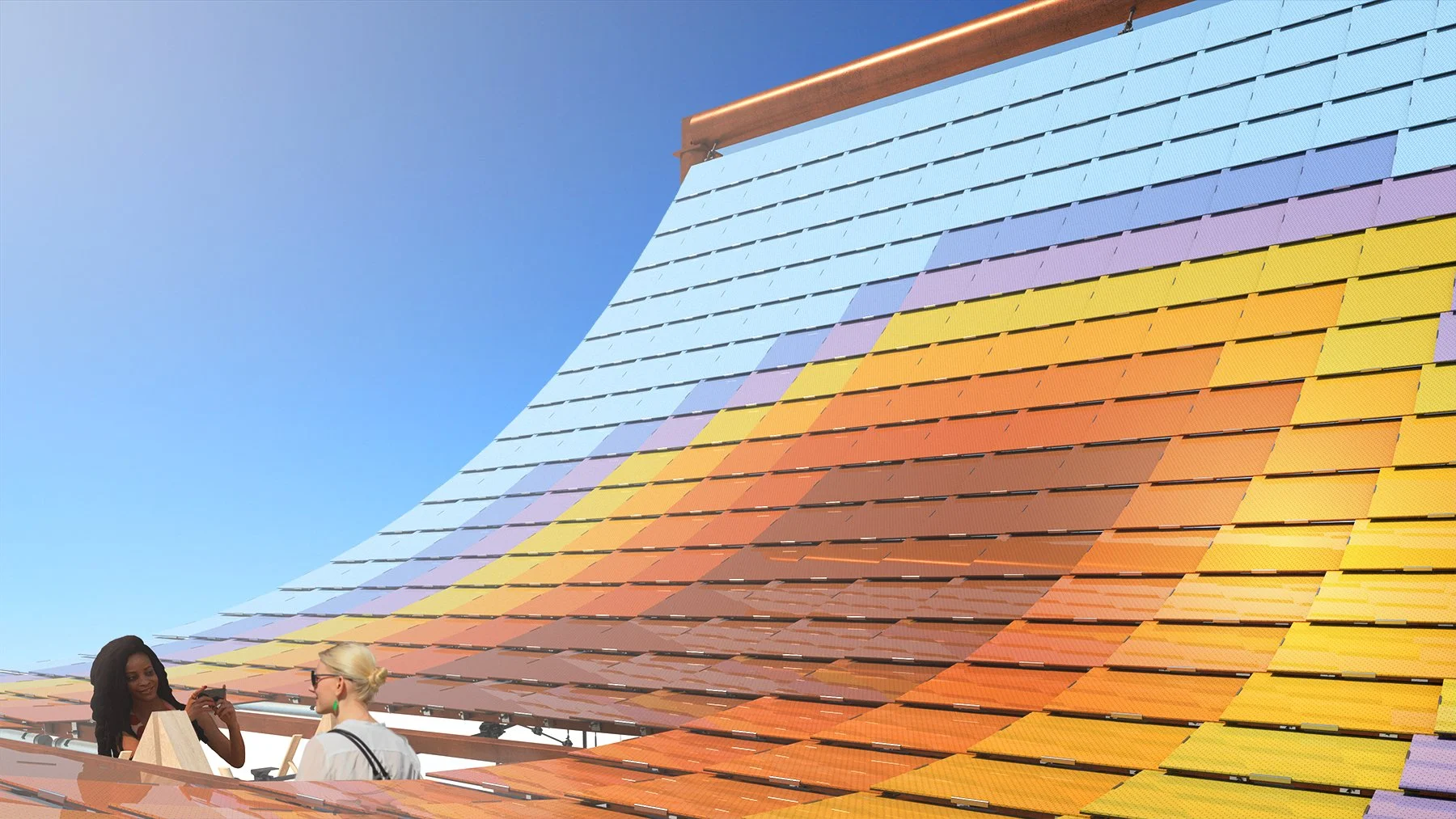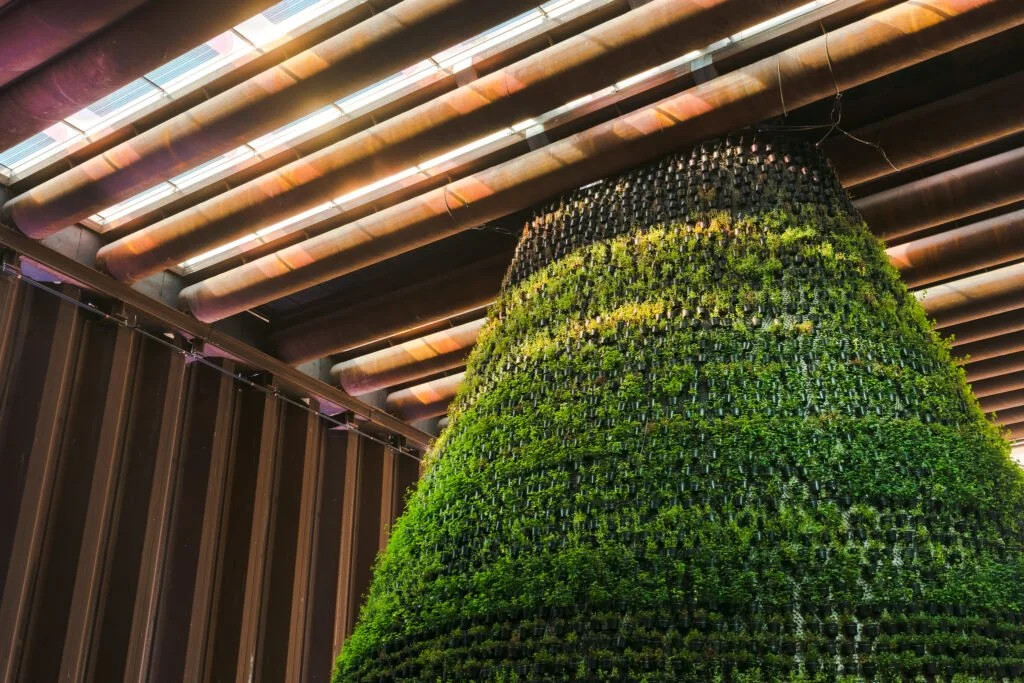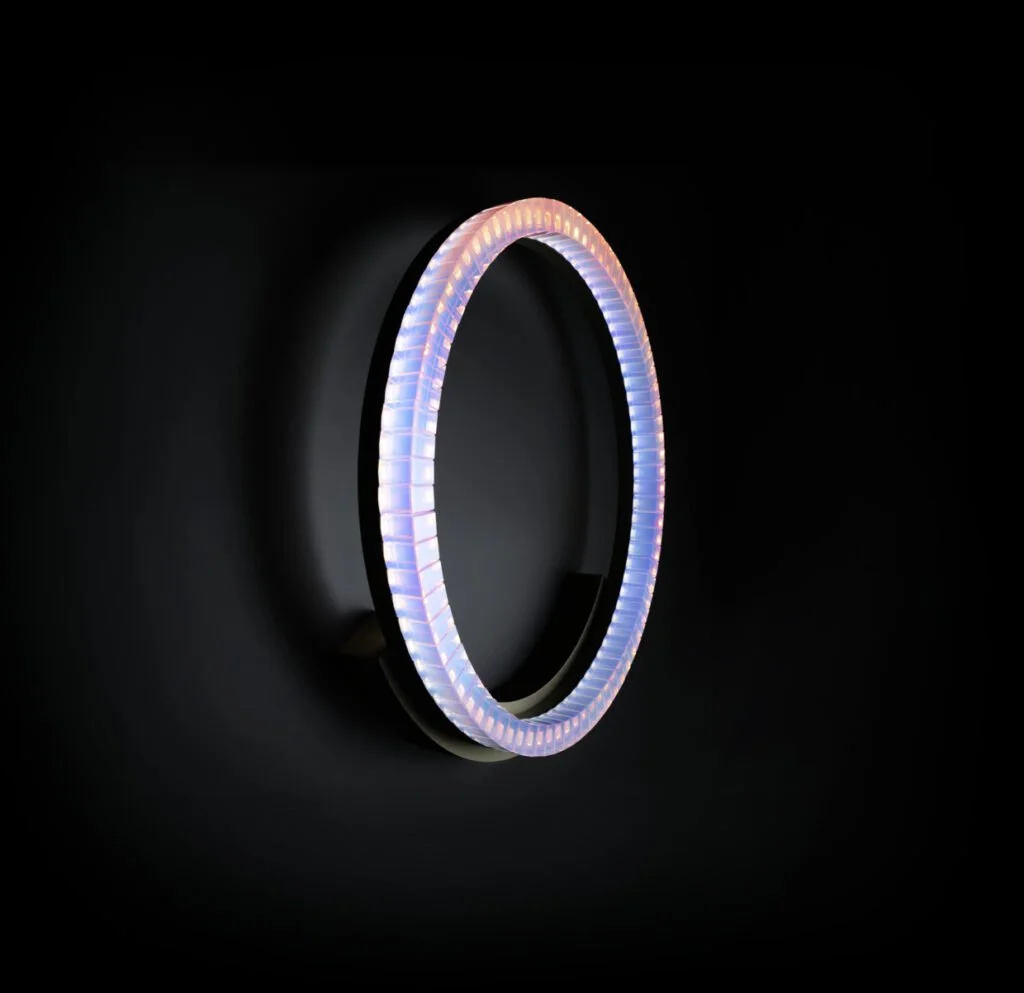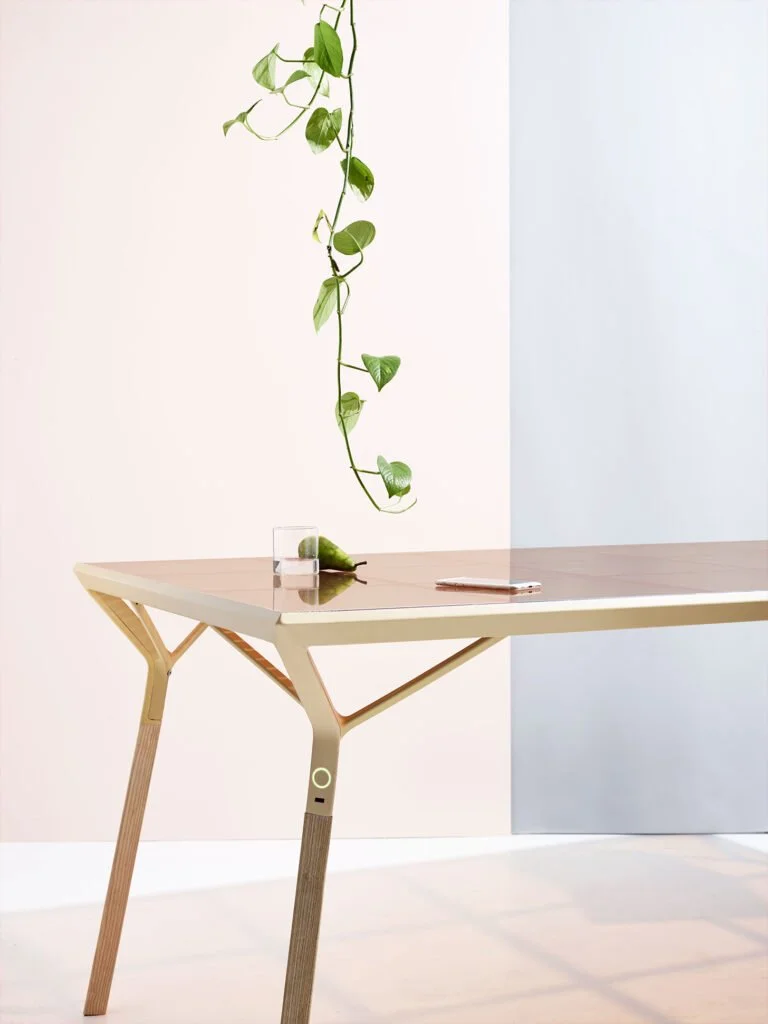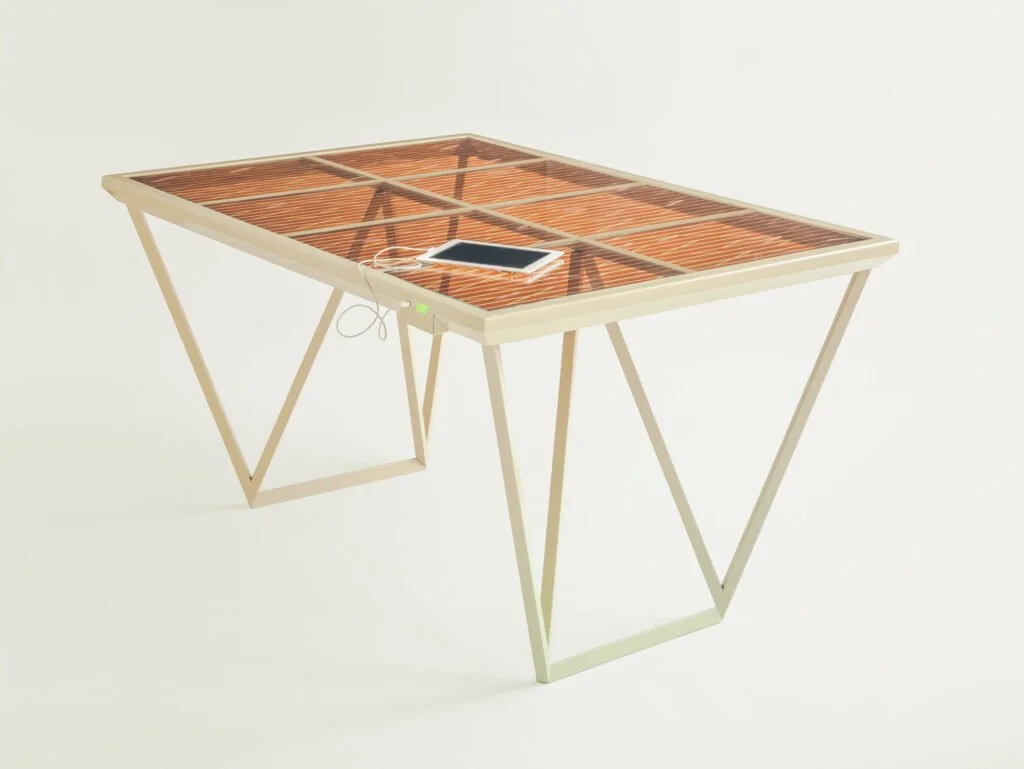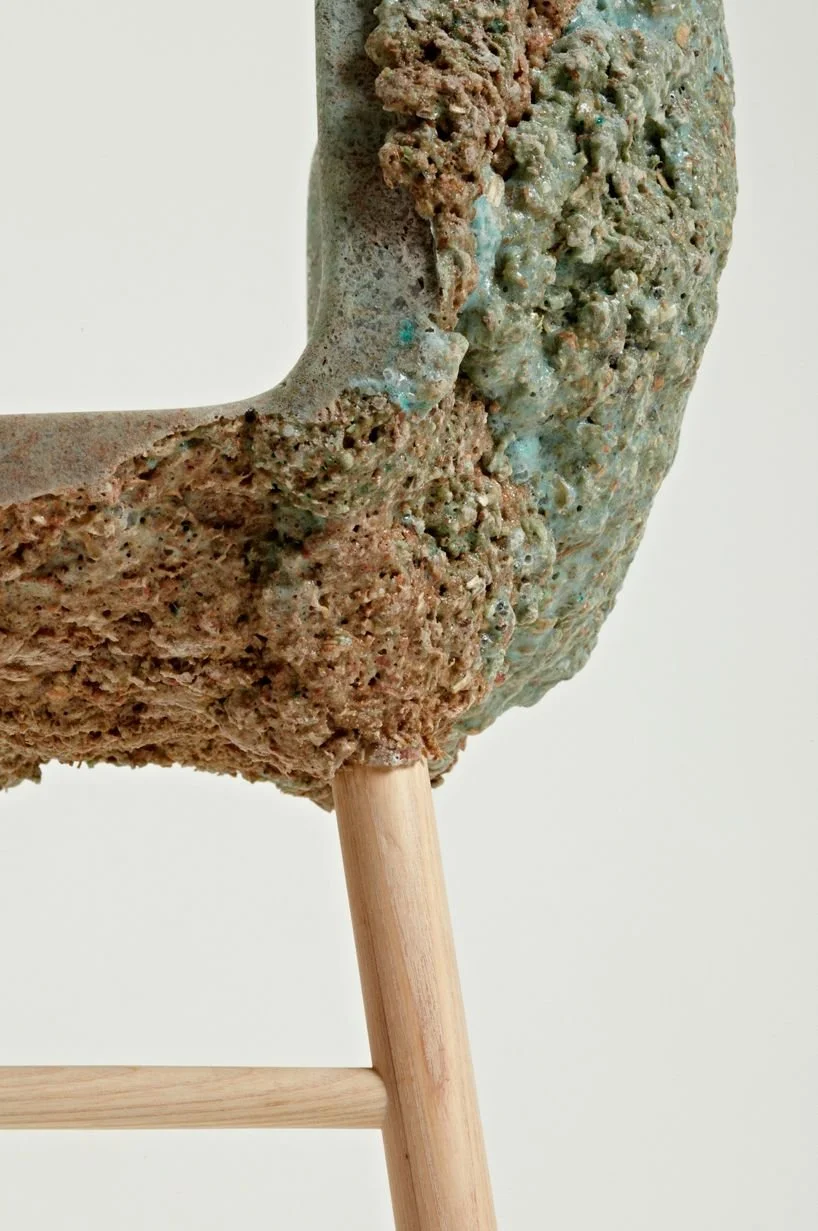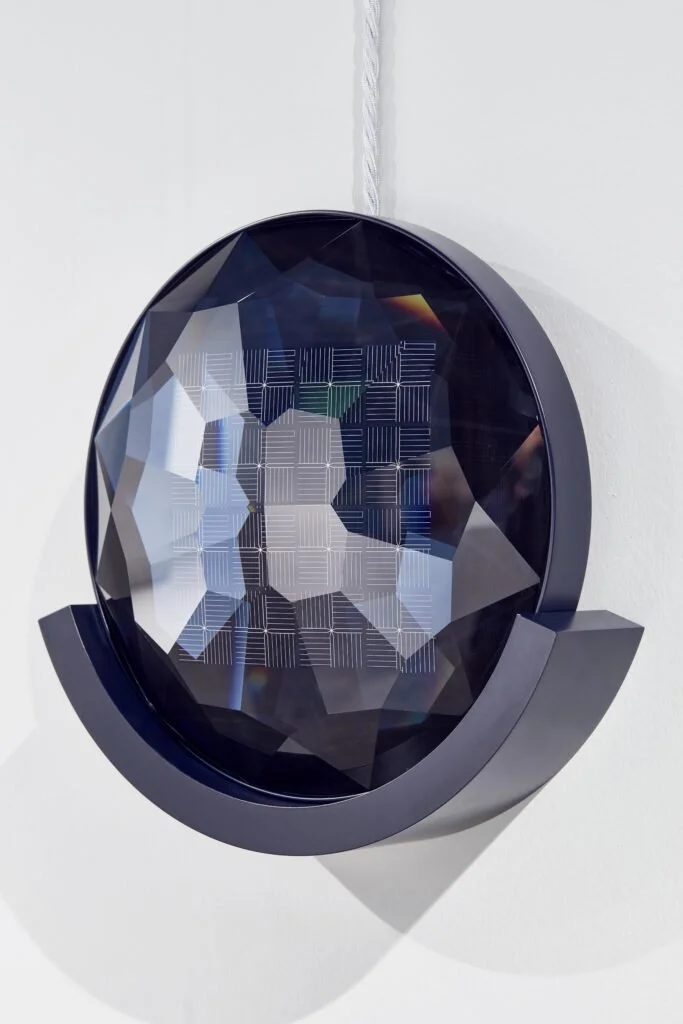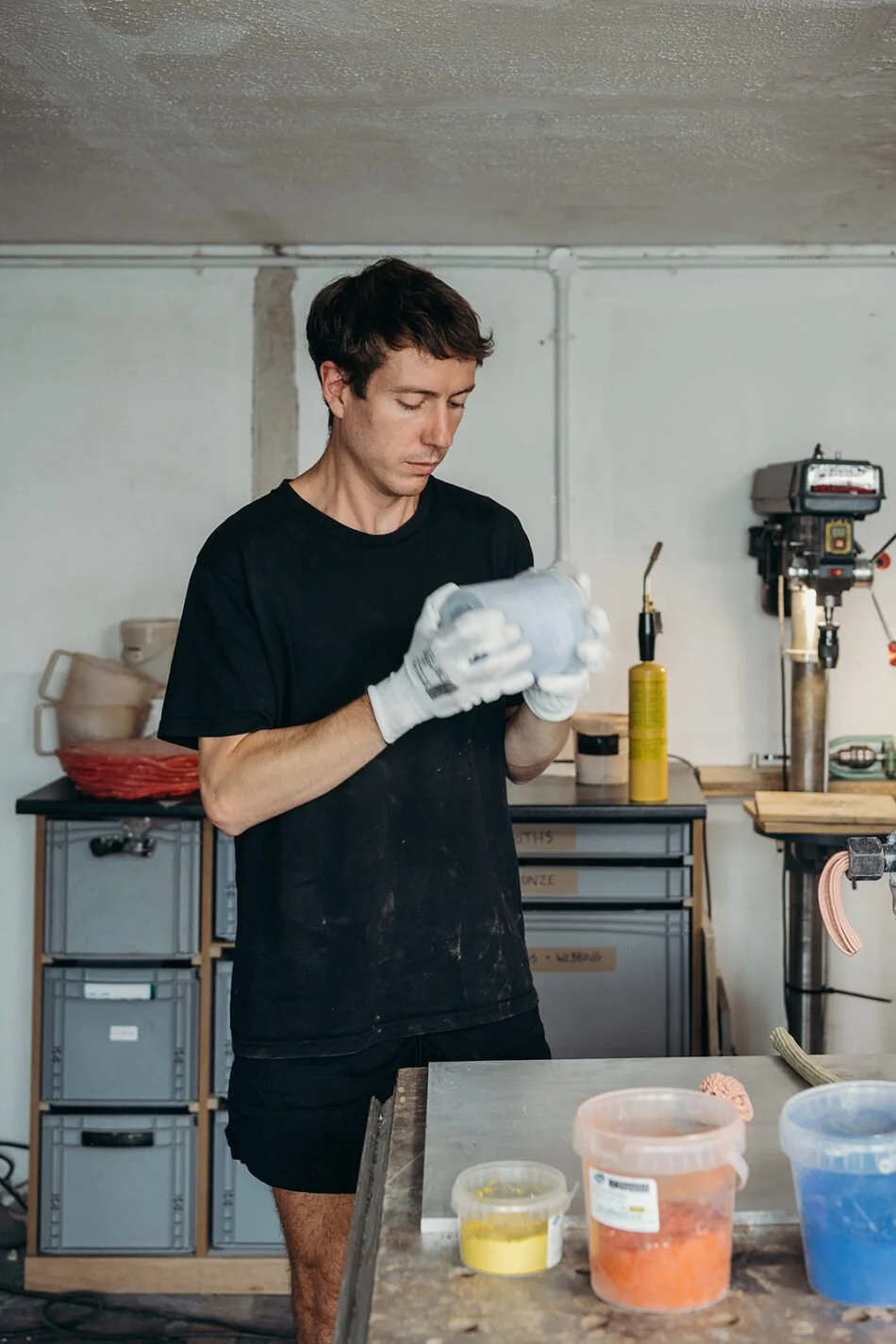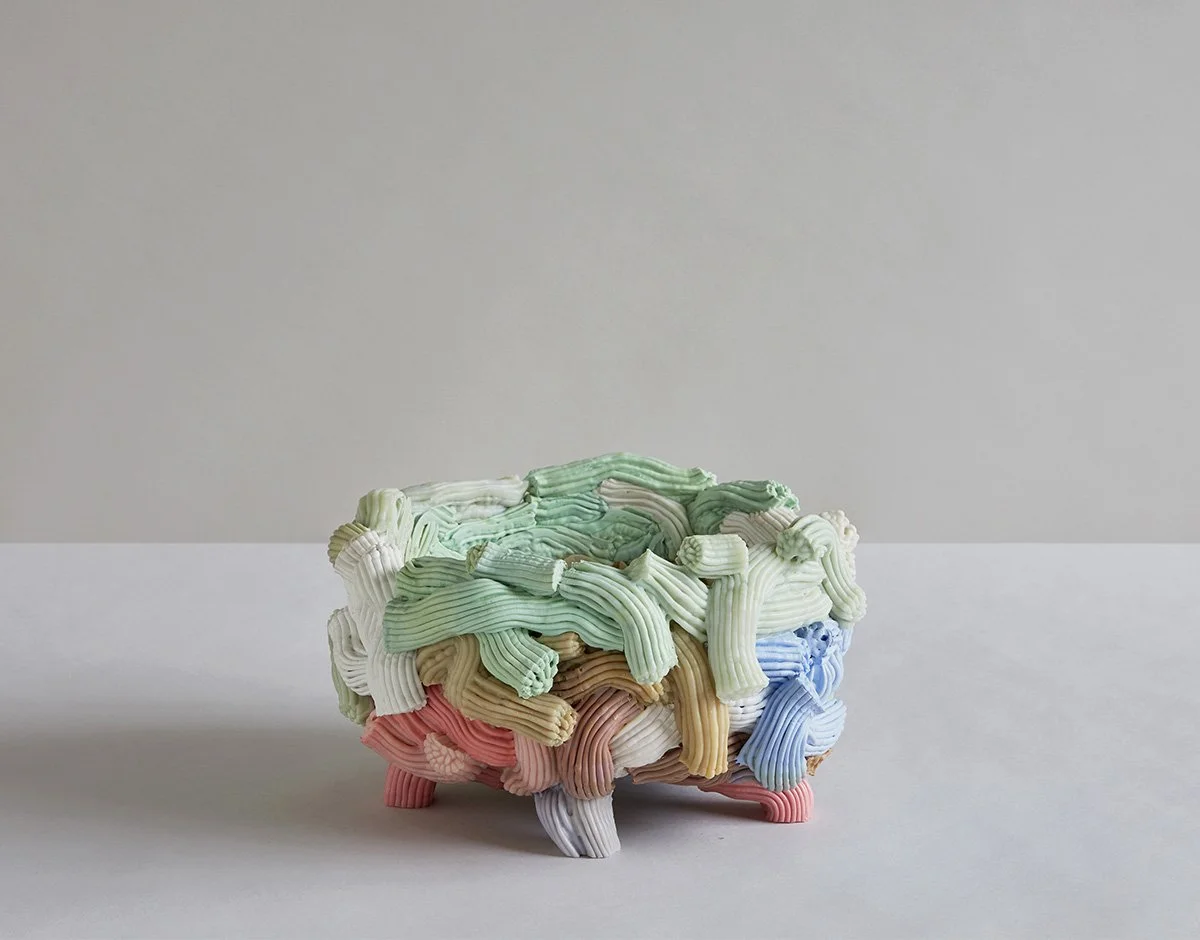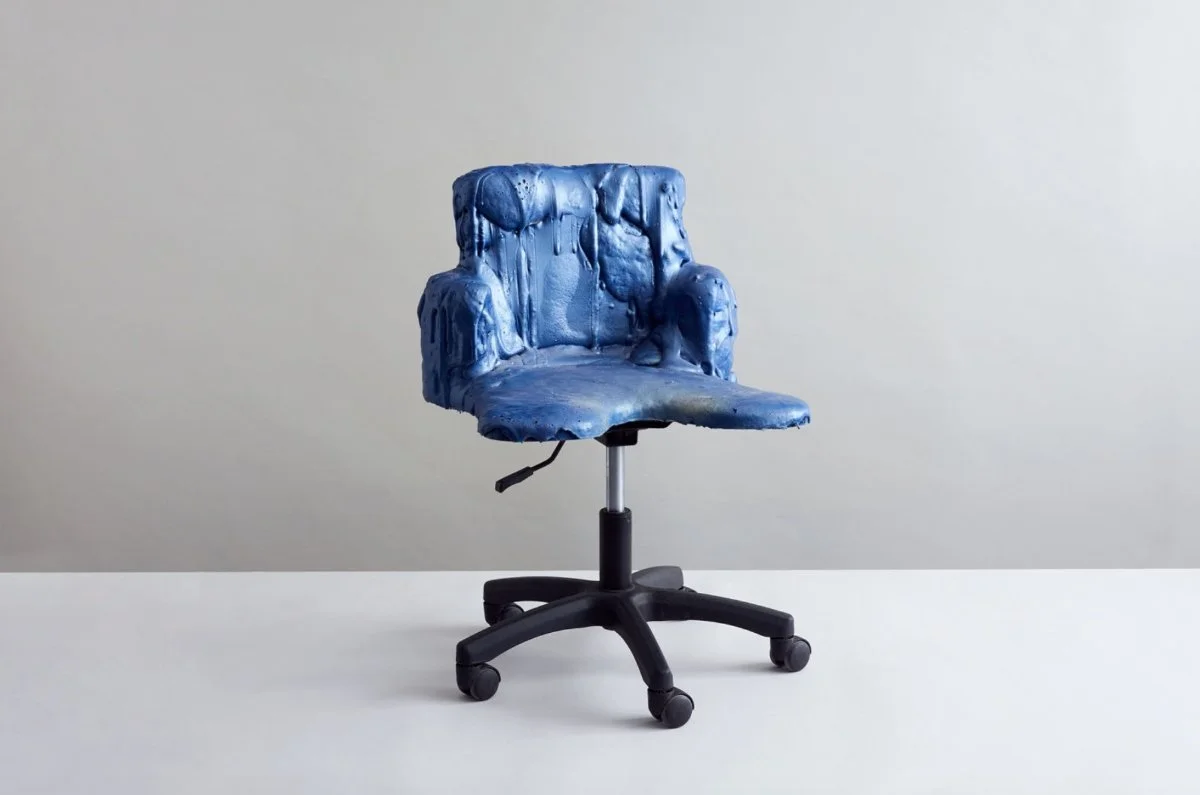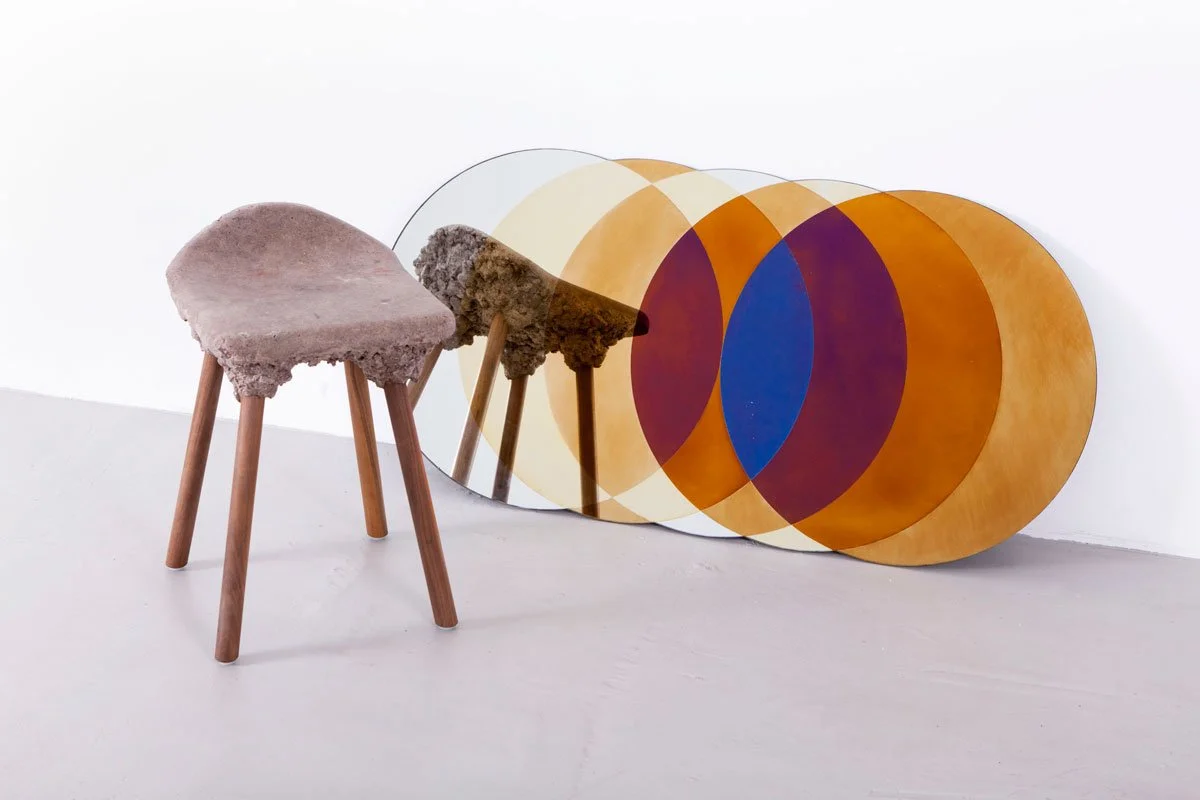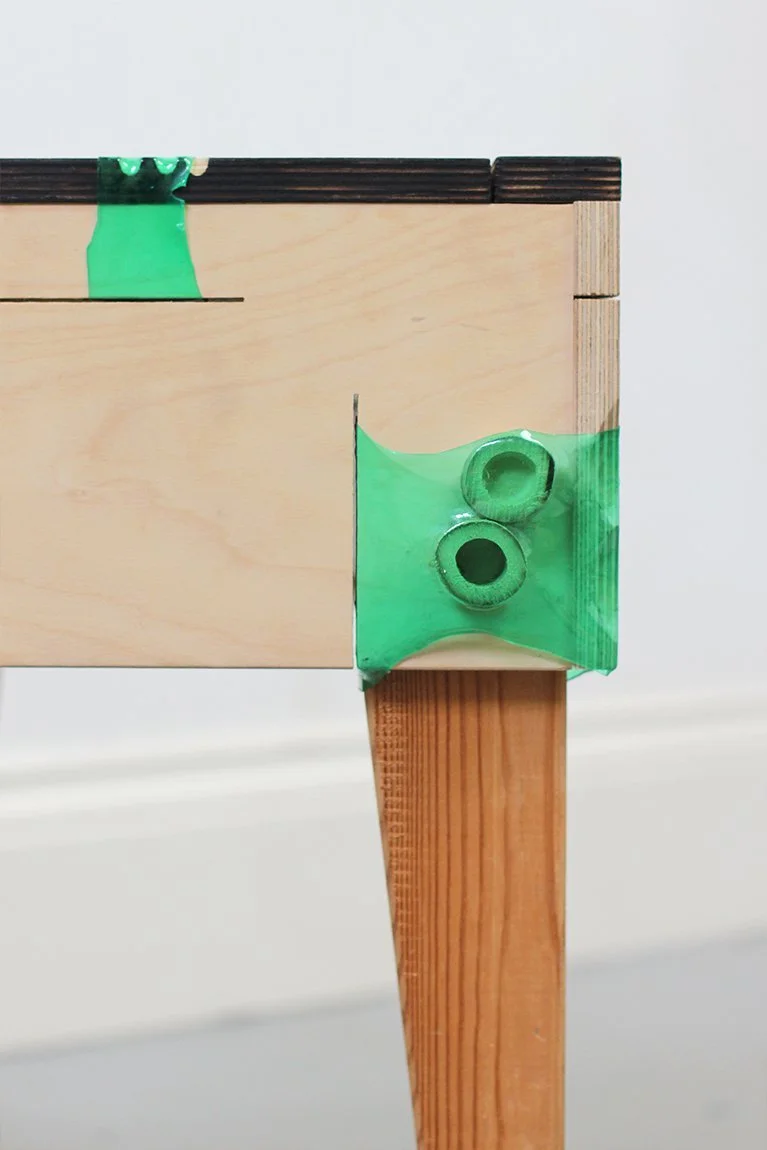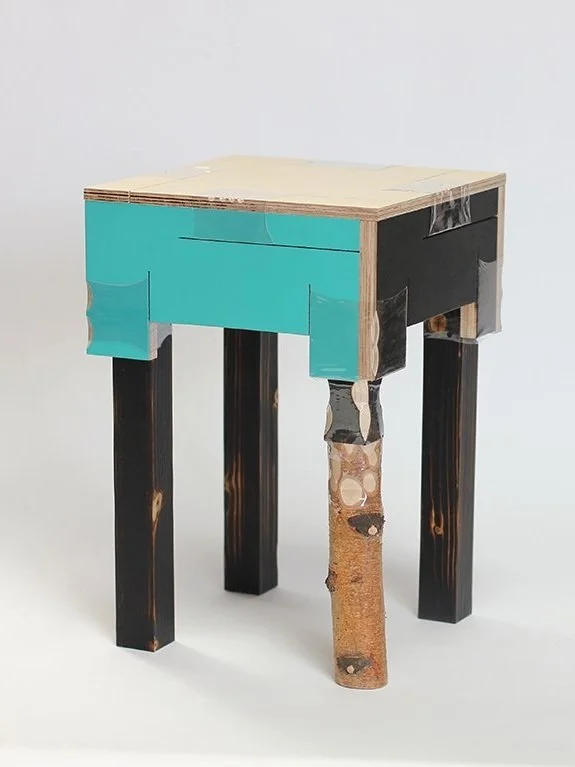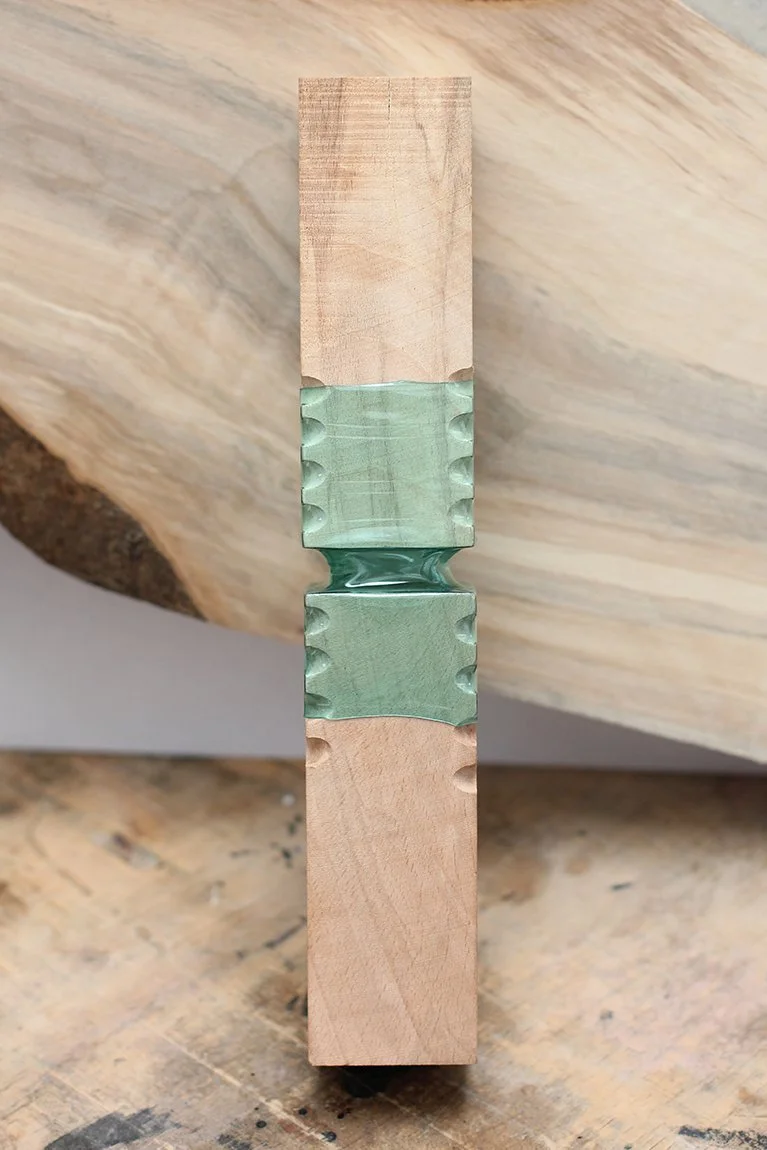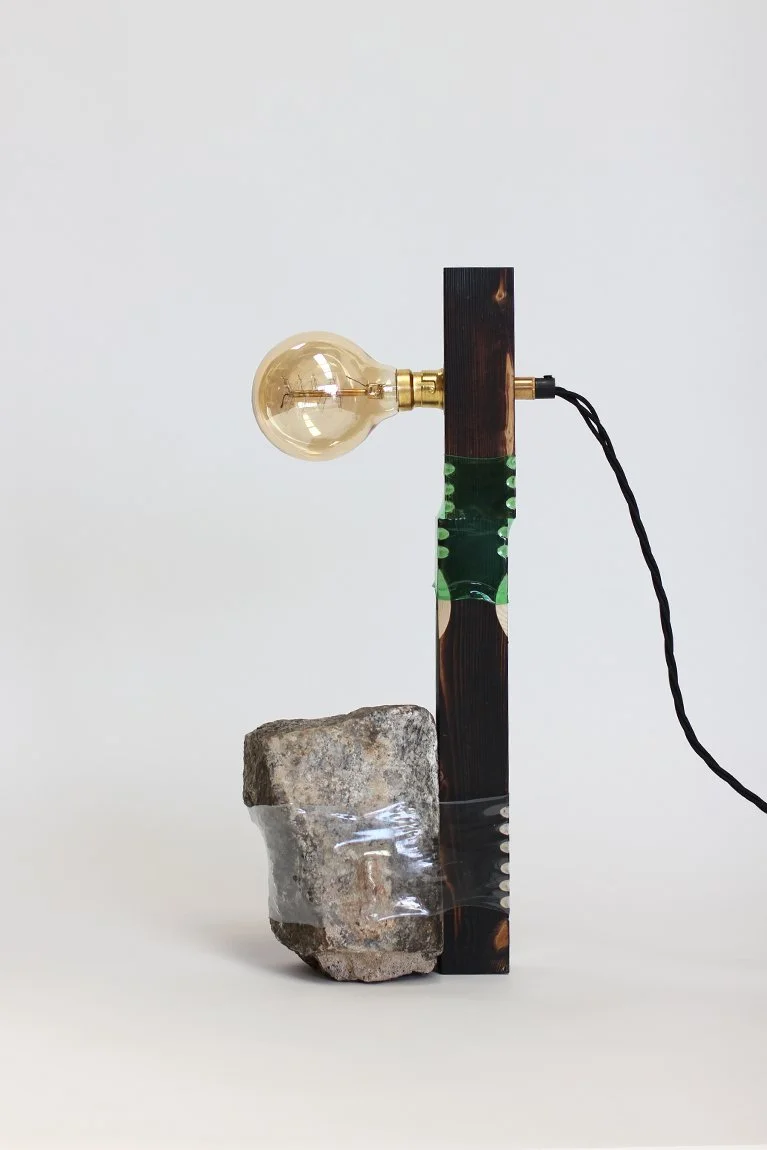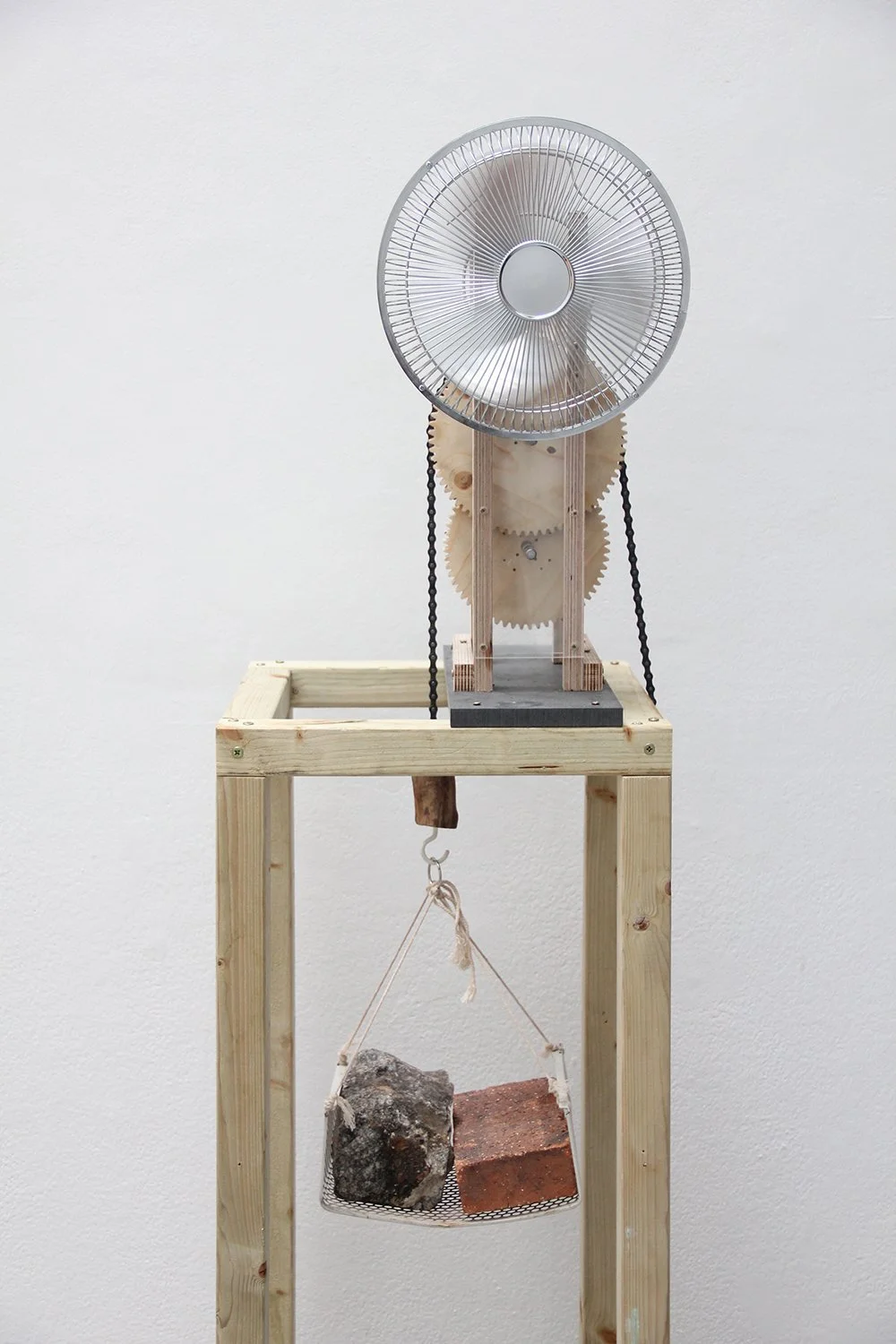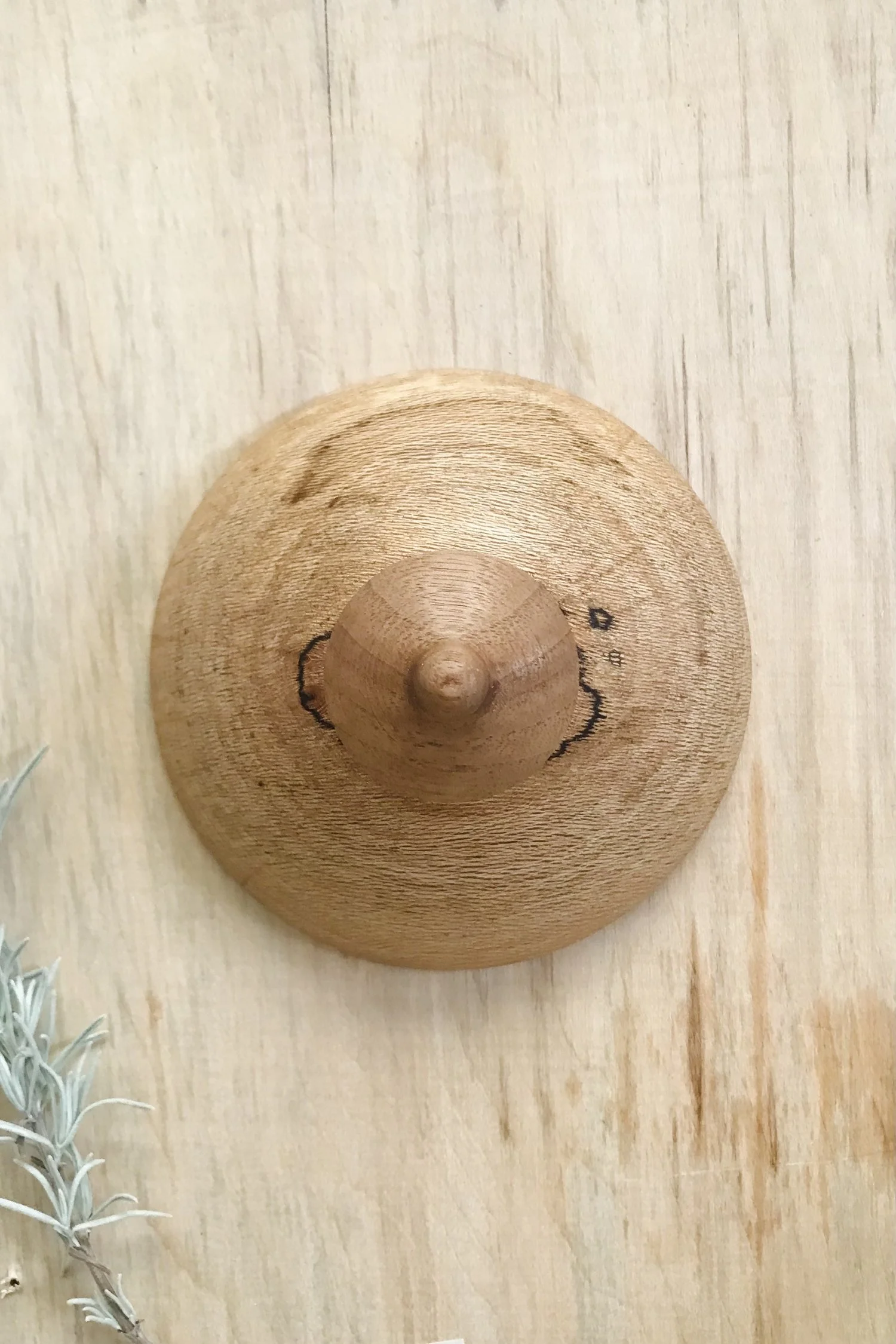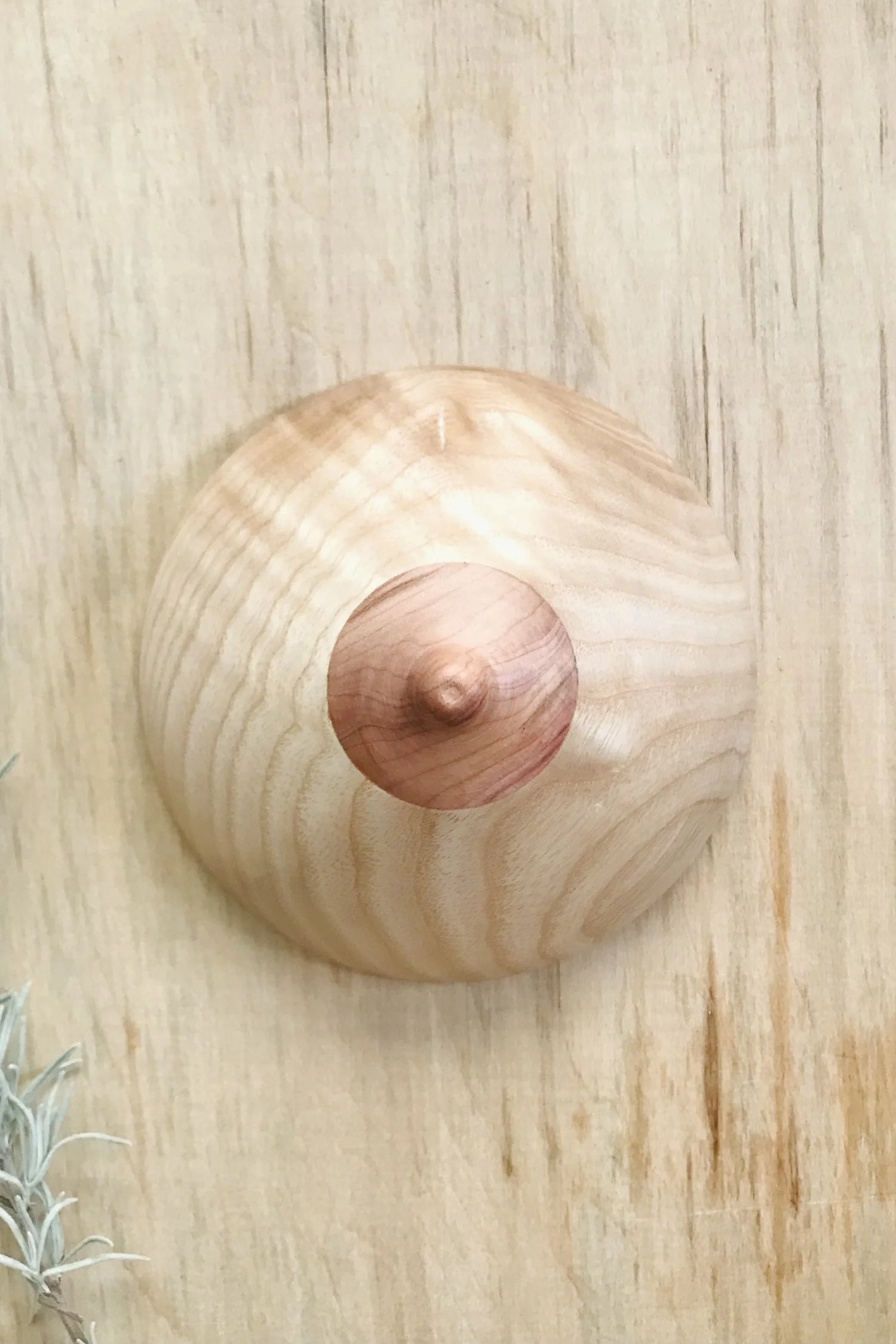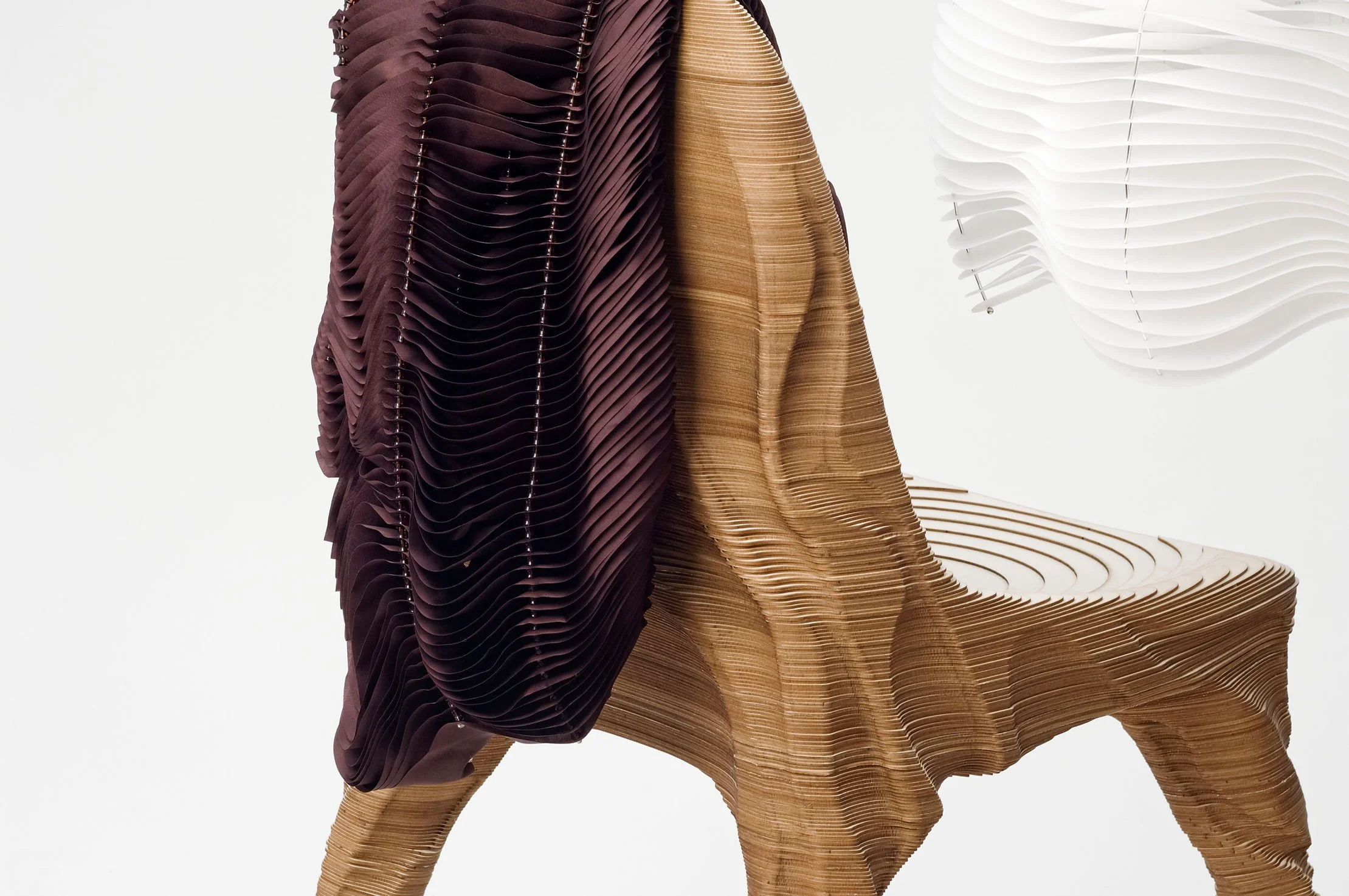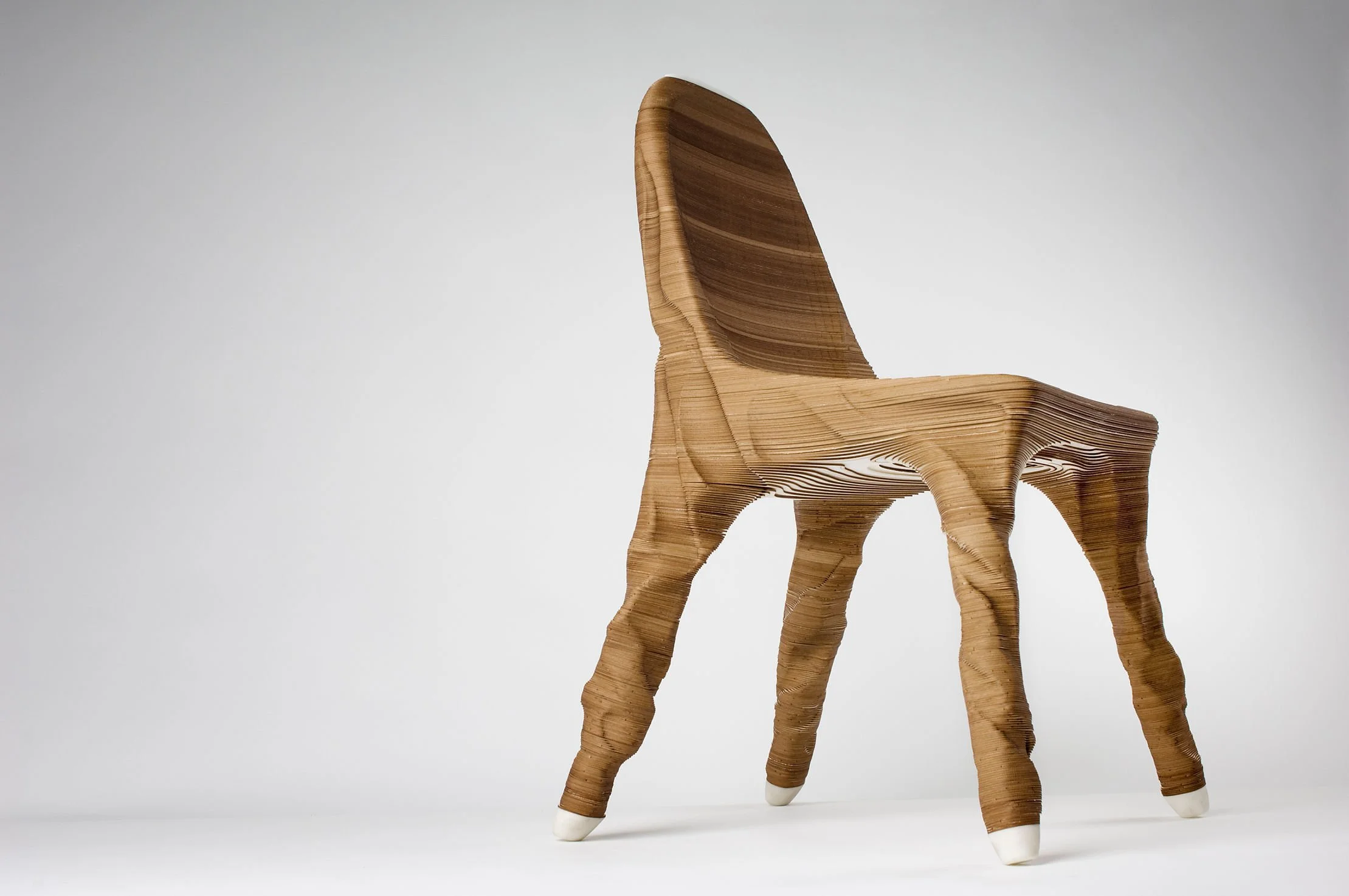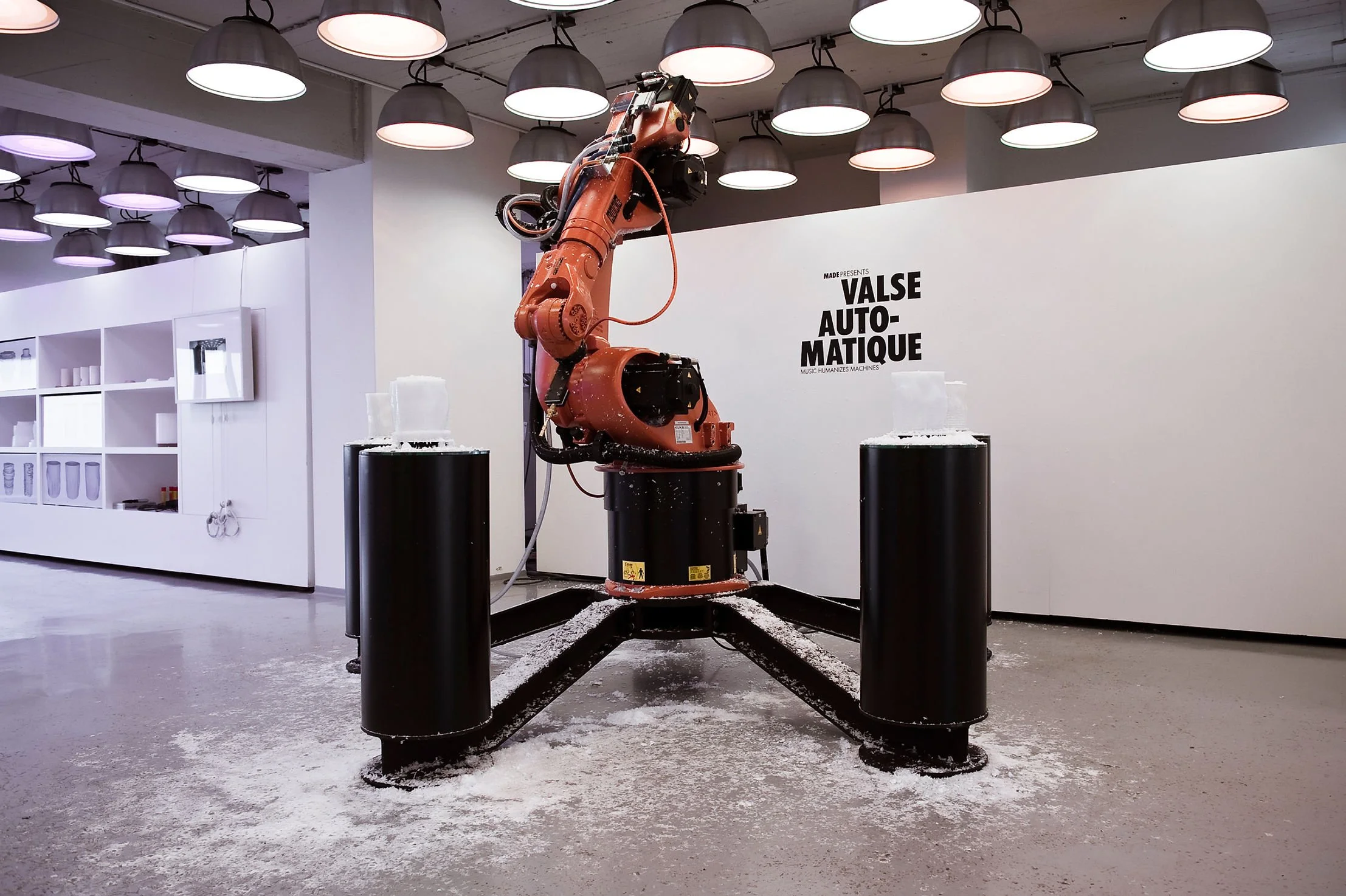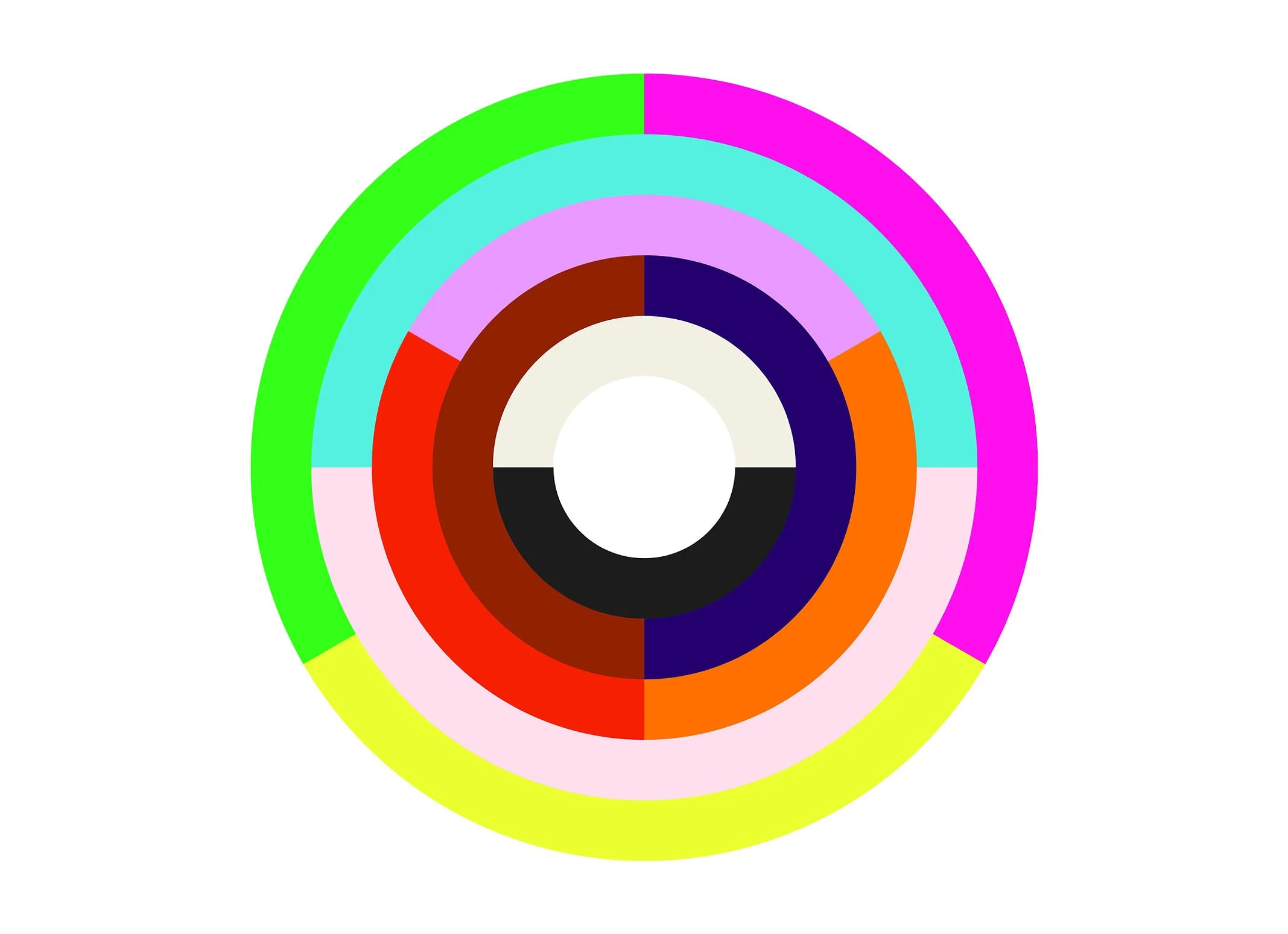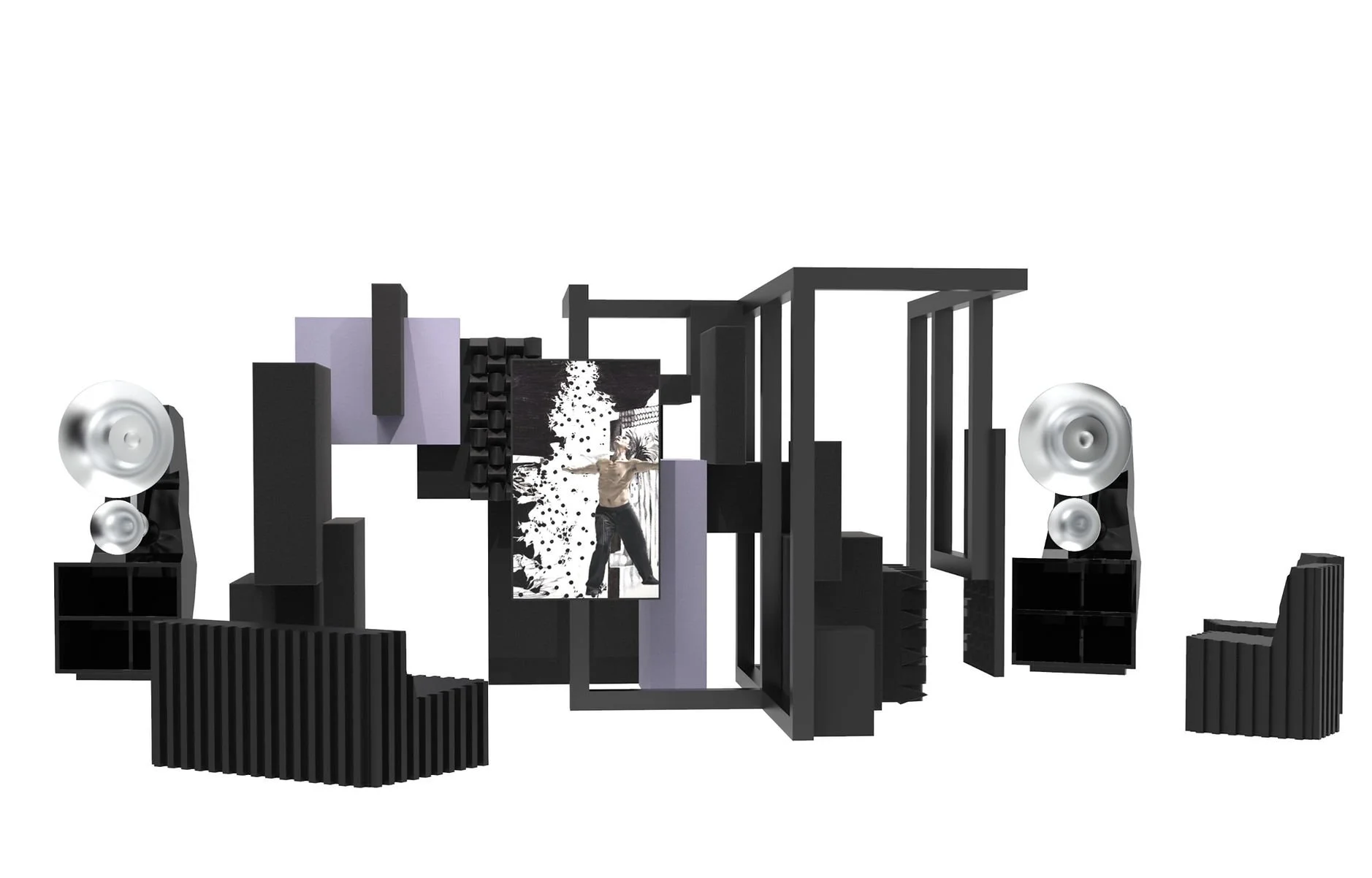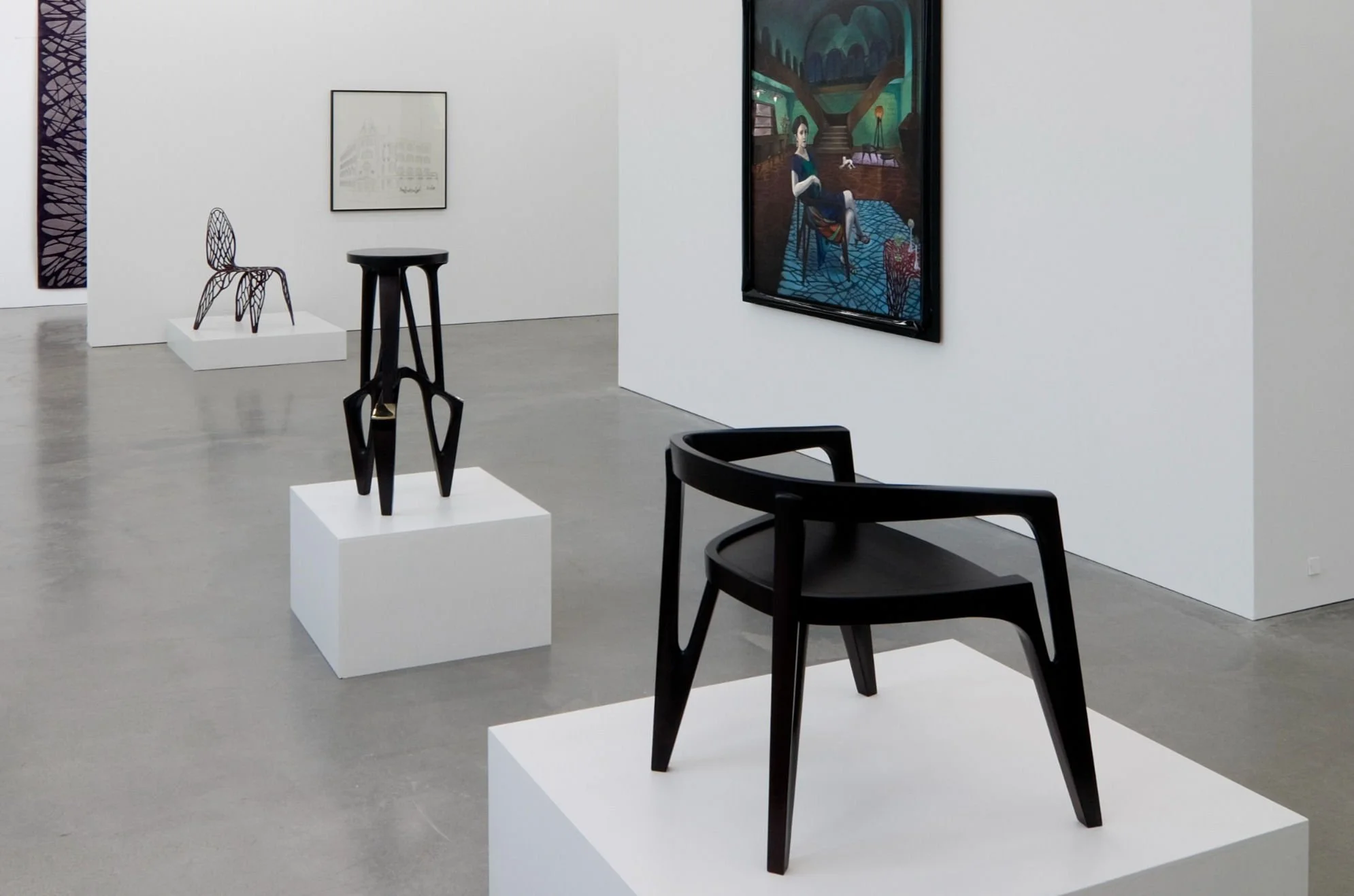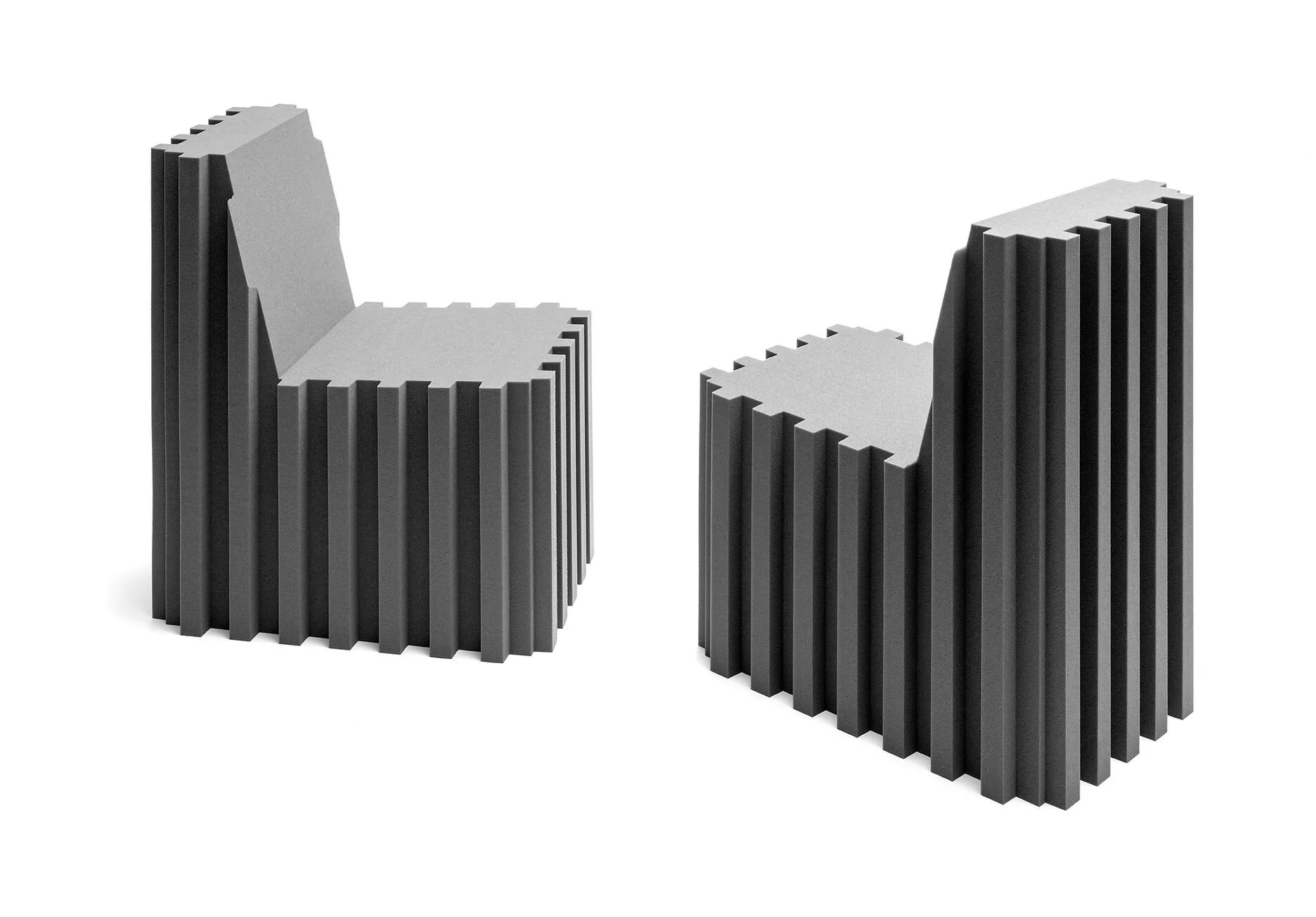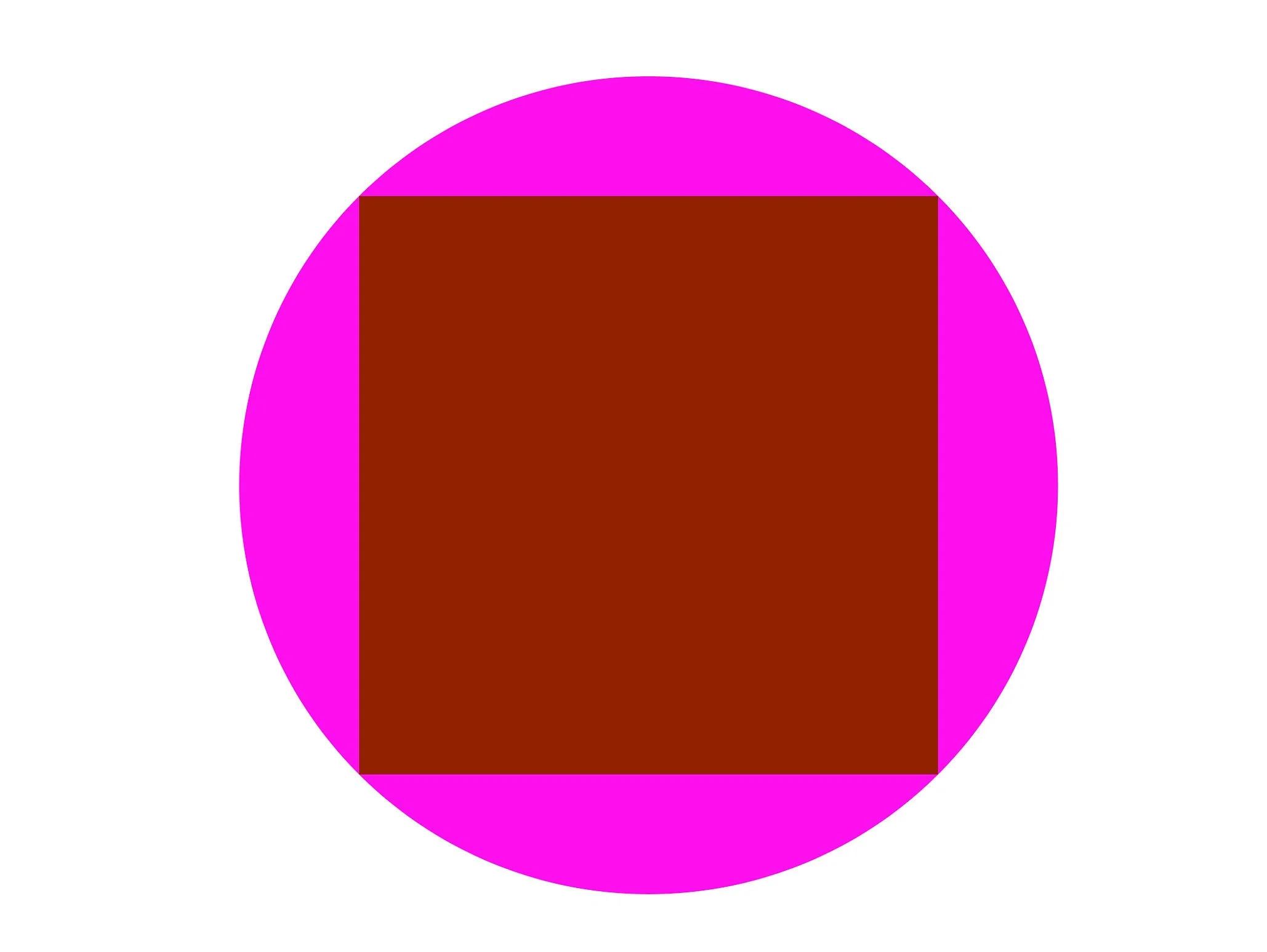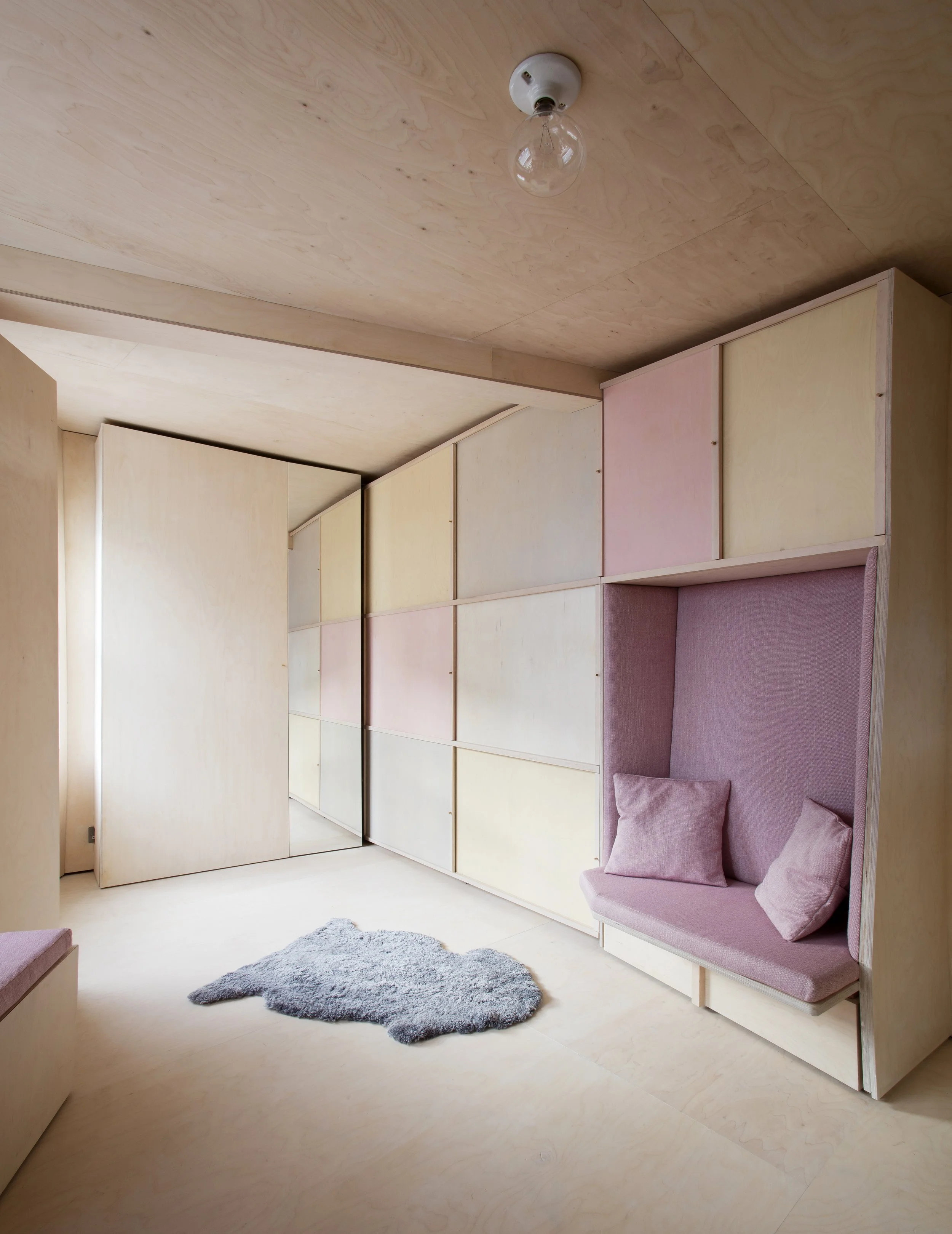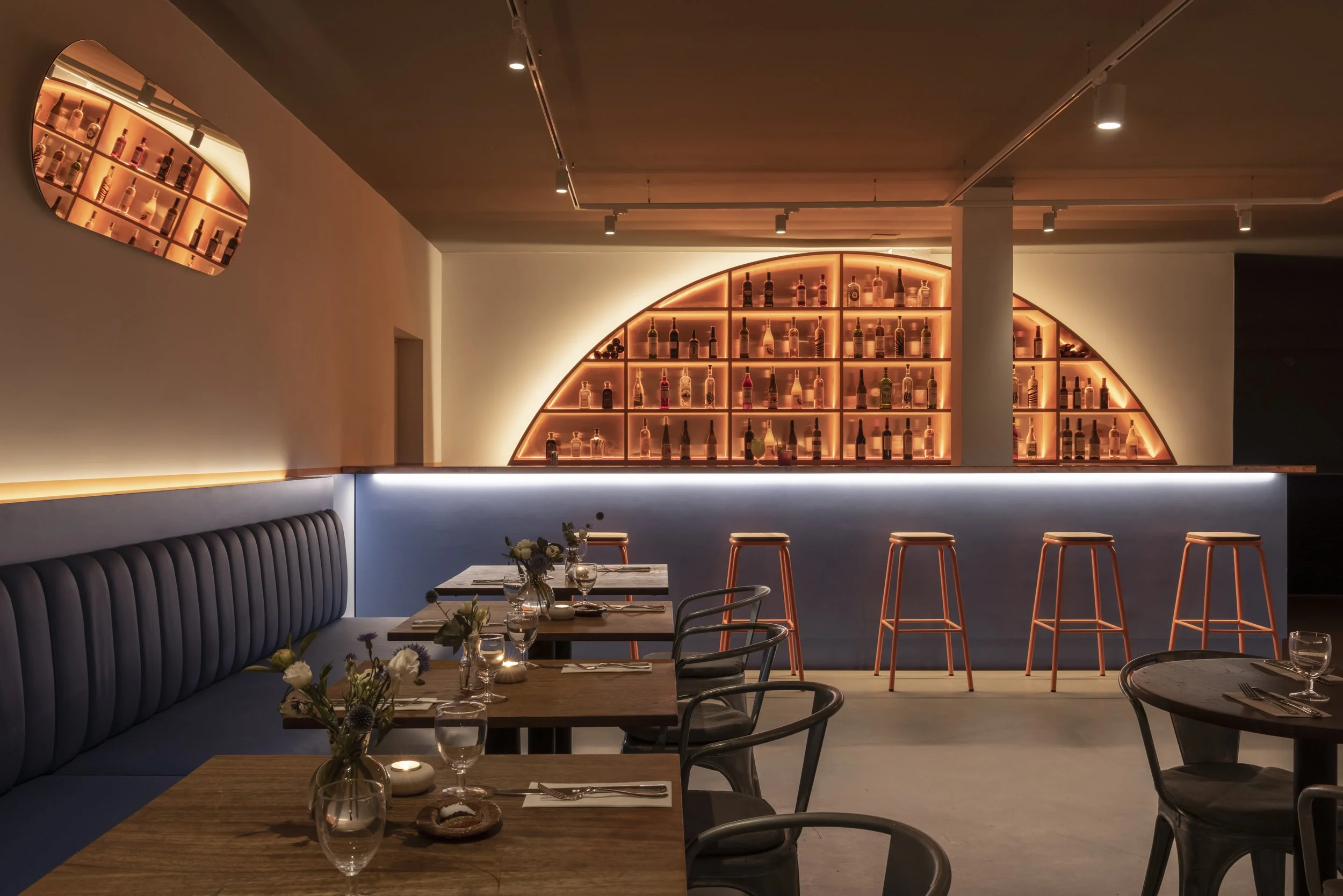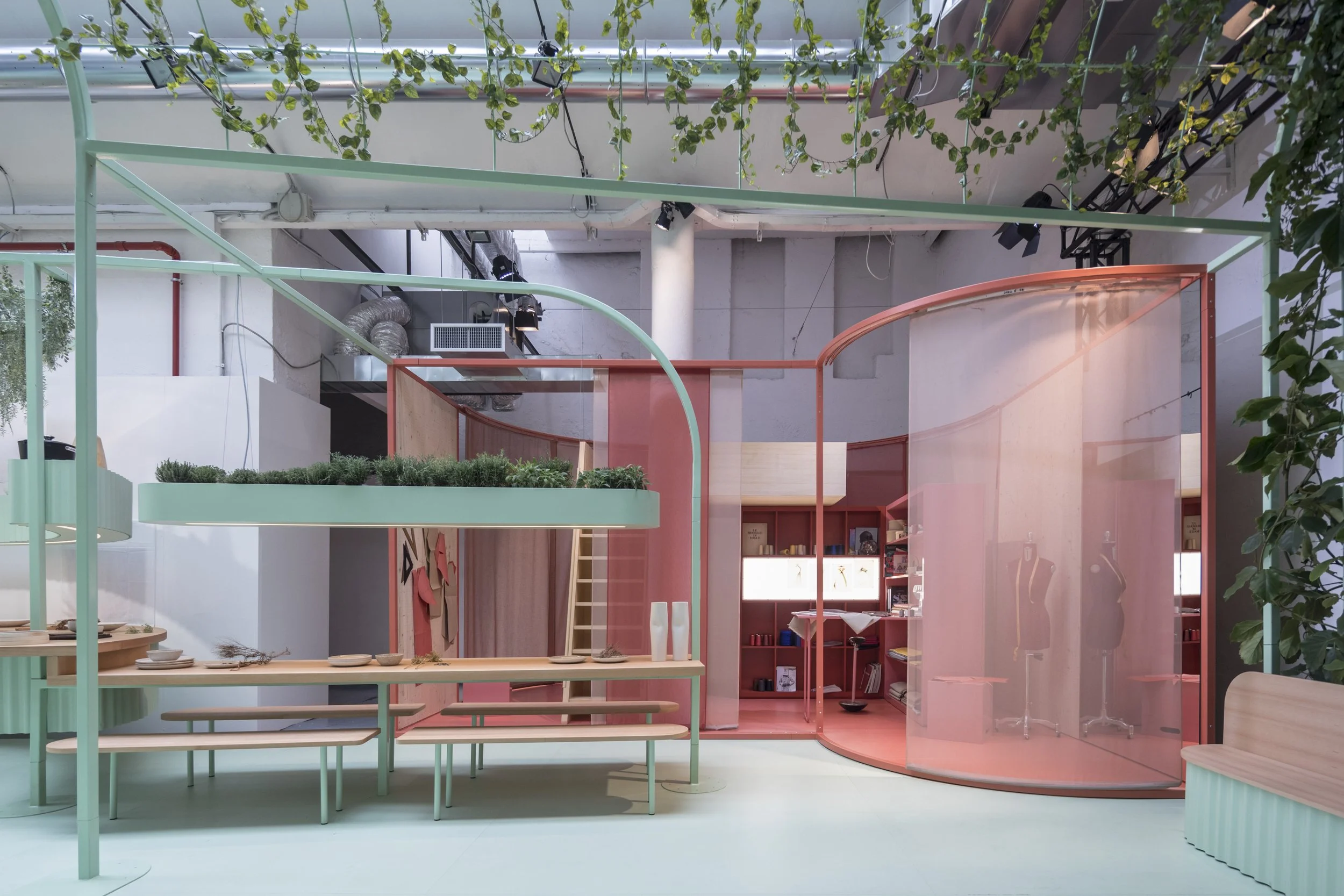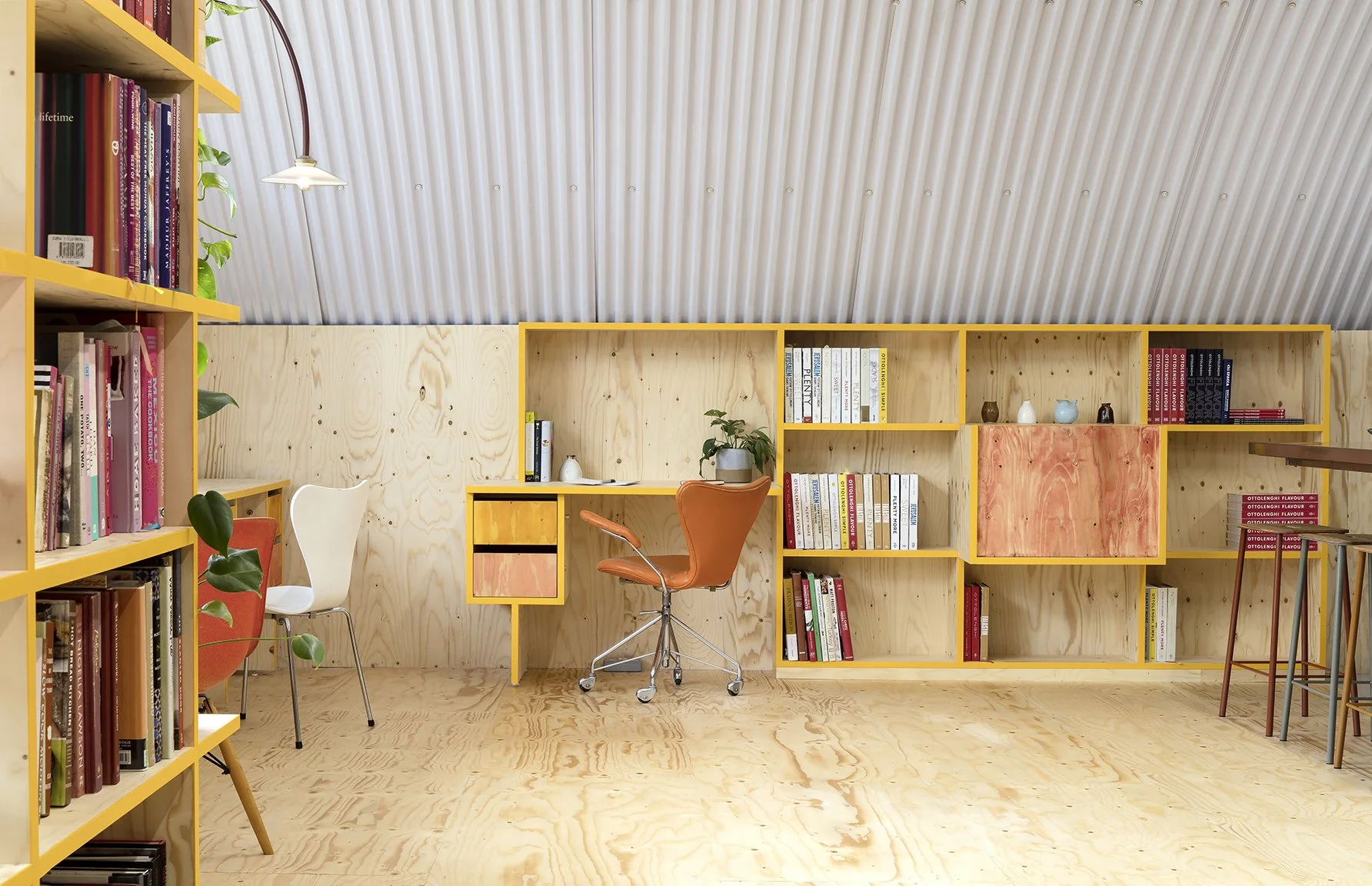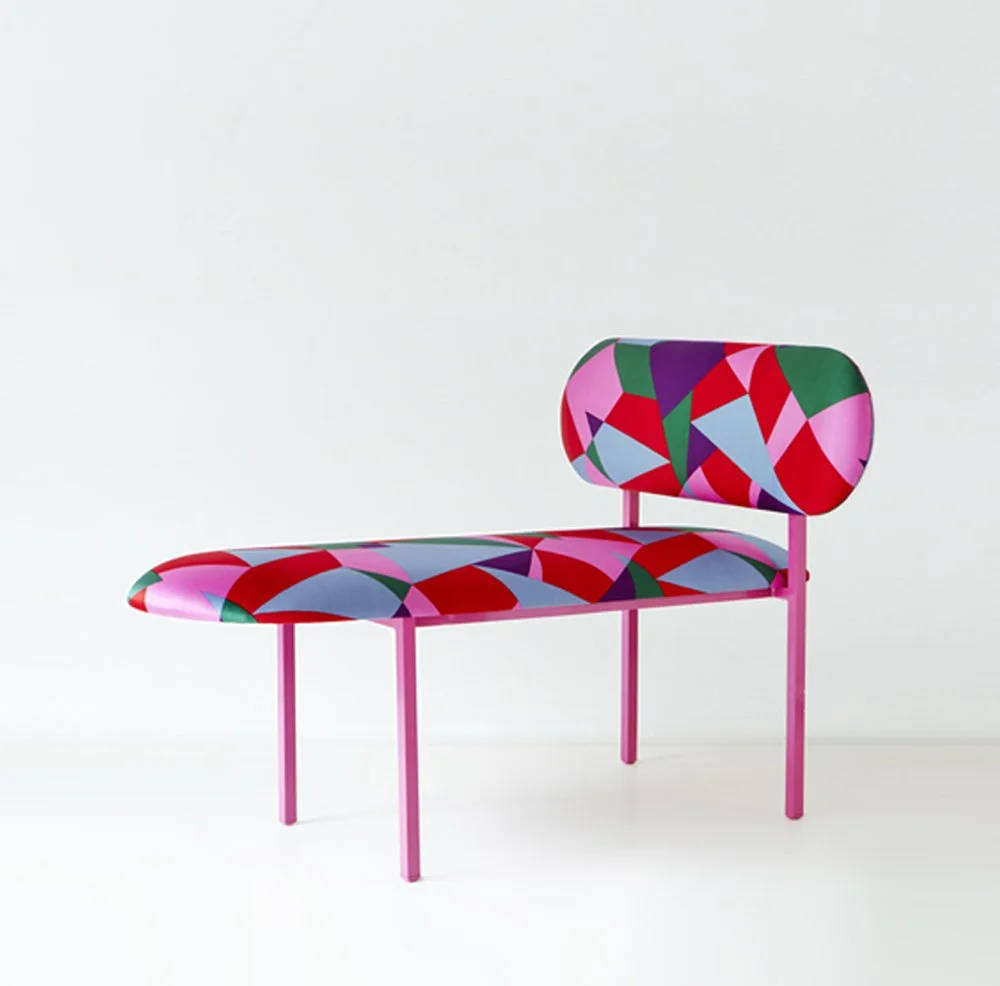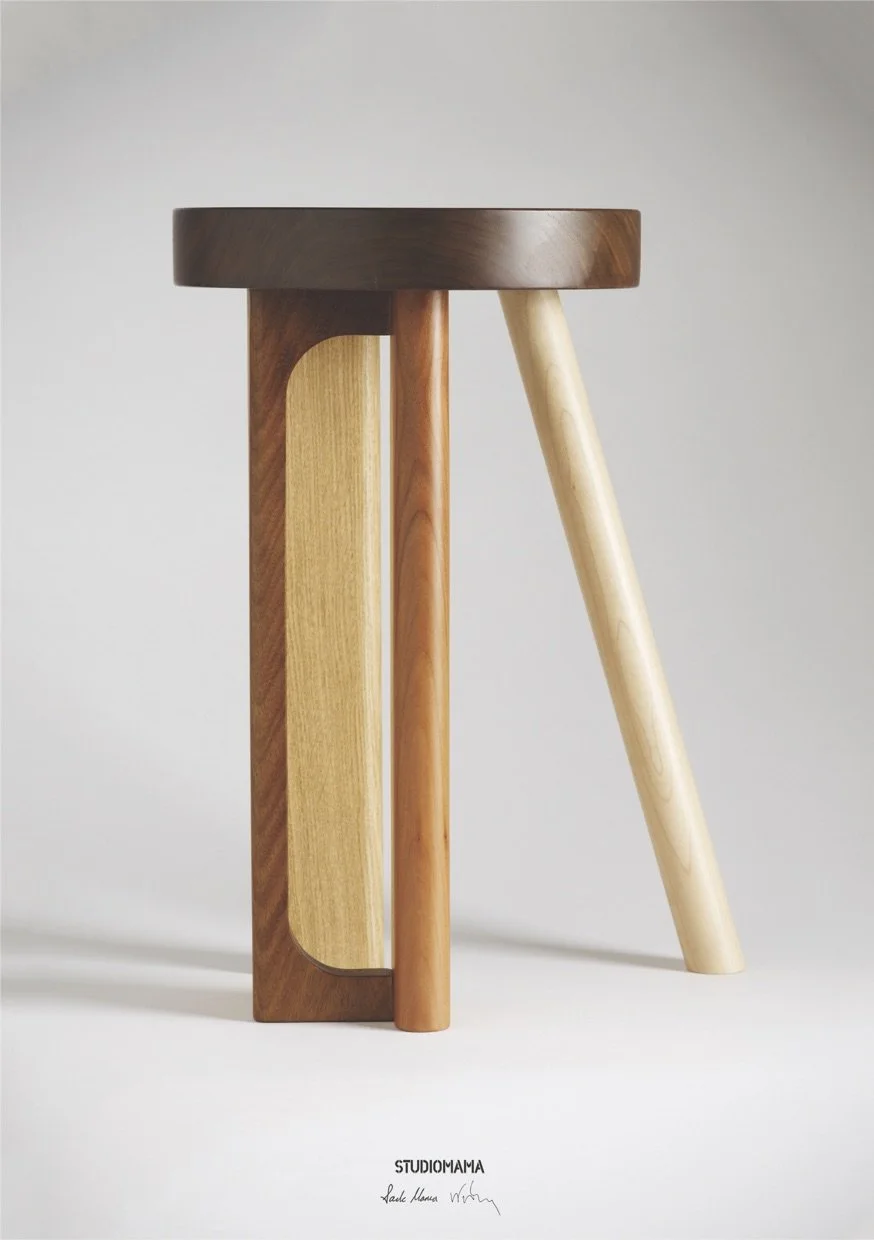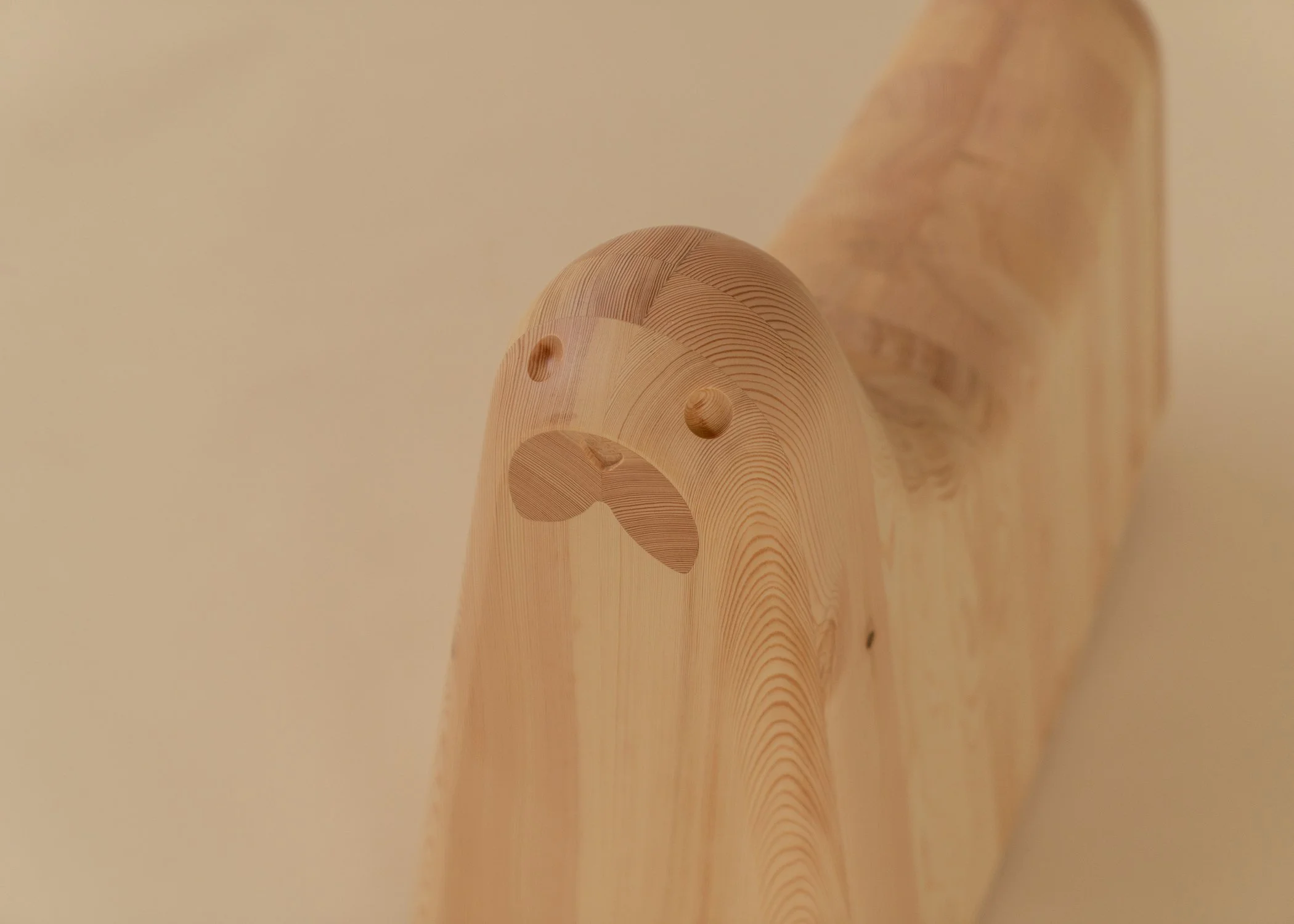 Image 1 of 14
Image 1 of 14

 Image 2 of 14
Image 2 of 14

 Image 3 of 14
Image 3 of 14

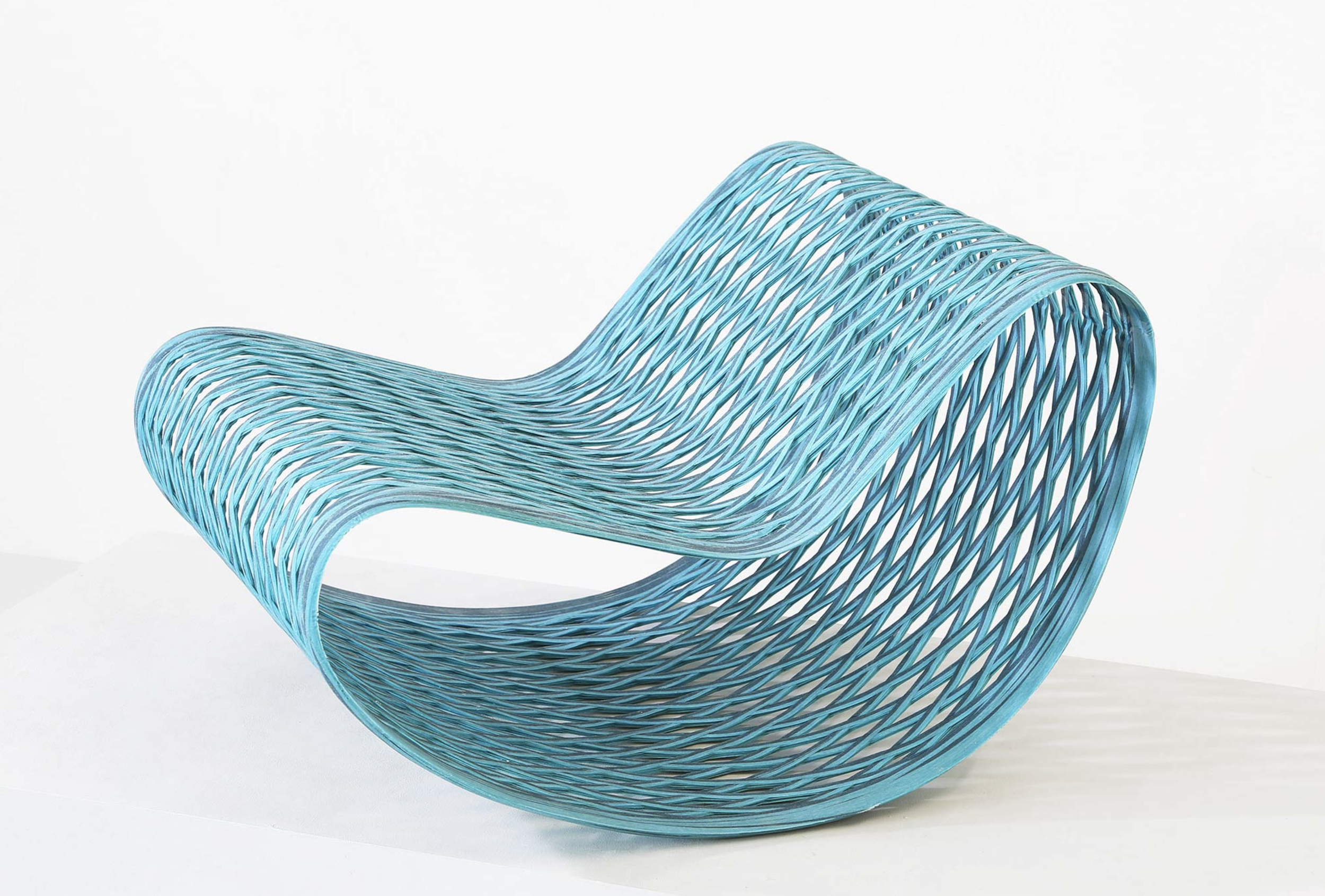 Image 4 of 14
Image 4 of 14

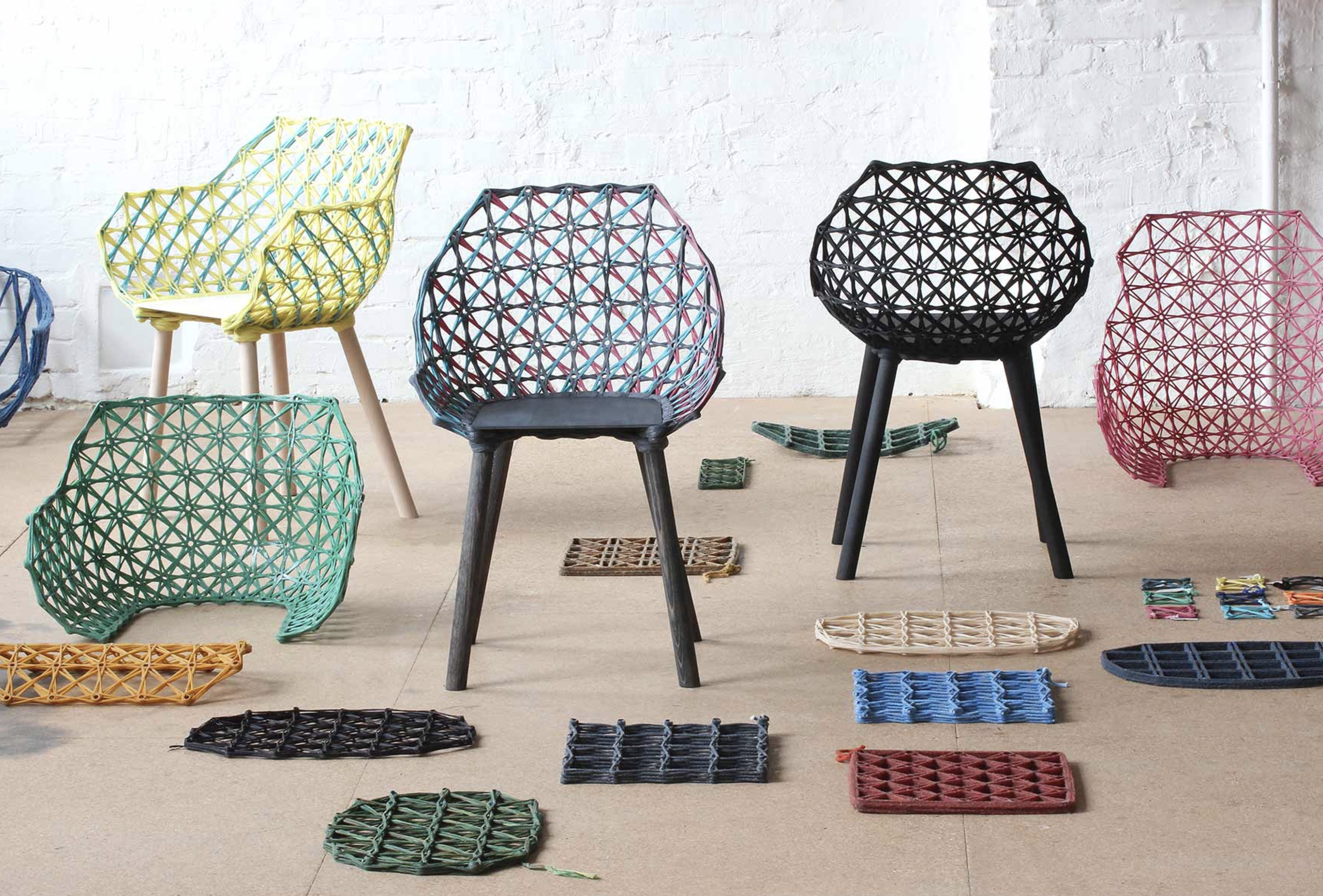 Image 5 of 14
Image 5 of 14

 Image 6 of 14
Image 6 of 14

 Image 7 of 14
Image 7 of 14

 Image 8 of 14
Image 8 of 14

 Image 9 of 14
Image 9 of 14

 Image 10 of 14
Image 10 of 14

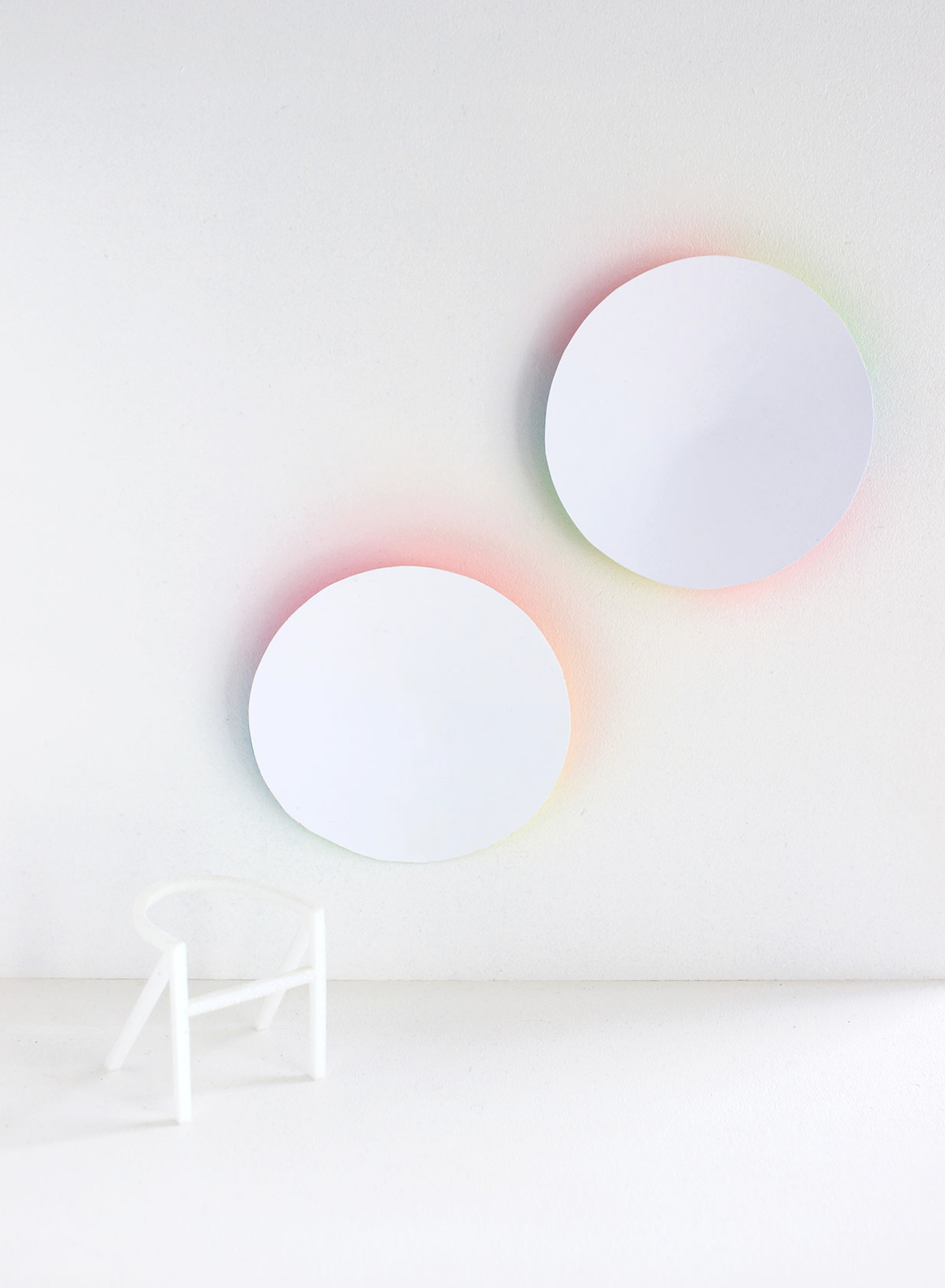 Image 11 of 14
Image 11 of 14

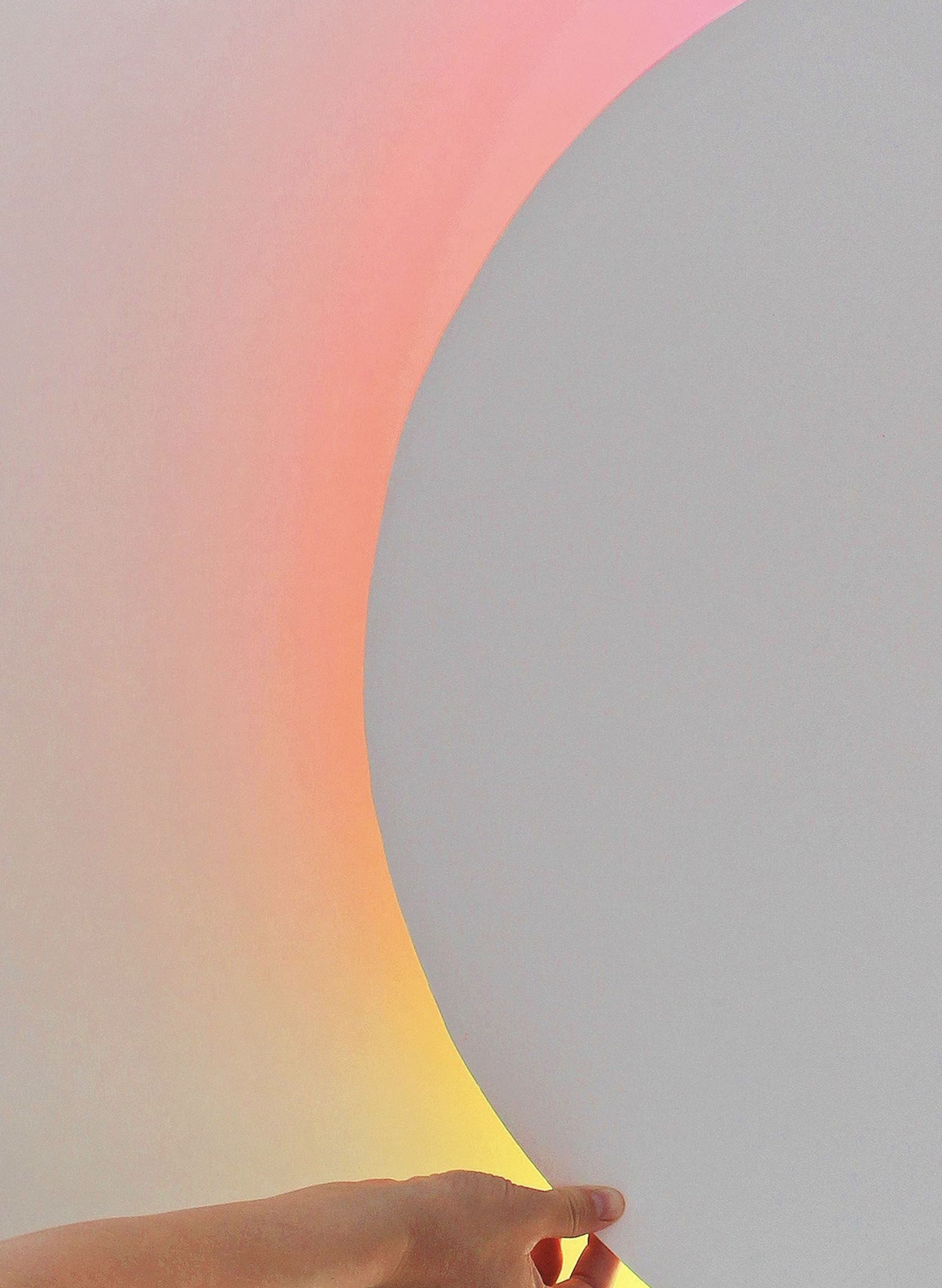 Image 12 of 14
Image 12 of 14

 Image 13 of 14
Image 13 of 14

 Image 14 of 14
Image 14 of 14















Studio Nito is a collage of interests with an academic aspect
Studio Nito is a Berlin-based design office founded in 2015 by textile designer Nil Atalay and industrial designer Tobias Juretzek. The studio was established with the mission to explore innovative and sustainable design solutions through experimental approaches. Studio Nito's current mission focuses on transforming waste materials, particularly discarded textiles, into valuable design objects. Core values include innovation, sustainability, and social responsibility, with a purpose to redefine the relationship between waste, design, and environmental stewardship.
Location
Headquarters: Berlin, Germany.
Primary manufacturing/operations locations: Berlin, with collaborations in various locations.
The Circular Vision
Core circular economy principles: Designing out waste, using discarded materials, and creating products that promote environmental awareness and sustainable practices.
Key innovations: Development of techniques to transform discarded clothing into furniture and design objects, such as the "Rememberme" chair for Casamania, which uses old clothes and resin.
Prioritization of local sourcing and closed-loop supply chains: Emphasis on using locally sourced waste materials and sustainable production methods to minimize environmental impact and support local economies.
Pioneering Solutions
Flagship projects: "Rememberme" chair (furniture made from discarded clothing), "NeoNew" workshop (transforming fashion waste into sustainable materials), and various experimental projects exploring material reuse.
Unique value propositions: High-quality, innovative design solutions that prioritize circularity, material reuse, and environmental responsibility. Studio Nito's work is known for its ability to transform waste textiles into desirable, functional objects.
The Regenerative Future
R&D focus areas: Advancing techniques for transforming textile waste, exploring new applications for recycled materials, and developing solutions that further reduce waste and energy consumption in design and production processes.
Ambitious goals: To lead the design industry in sustainable practices, create zero-waste products, and inspire a shift towards a regenerative approach to design and consumption.
Fact Sheet
Commercial Availability: Design services and products available through collaborations, exhibitions, and partnerships with brands like Casamania.
Circularity Rating: 5/5 (Strong focus on circular economy principles and waste reduction).
Cost Rating: 4/5 (Competitive with high-end design services, with significant value in sustainability and innovation).
Material Passport: Detailed material traceability, primarily focusing on recycled textiles and resins.
Designed for Disassembly: Information not explicitly provided, but emphasis on material reuse suggests potential for future recycling.
Carbon Performance: Focus on reducing carbon footprint through the use of waste materials and local production. Committed to minimizing environmental impact through efficient design and manufacturing processes.
Key Takeaway
Studio Nito transforms the design industry through innovative, sustainable solutions that prioritize circular economy principles, setting a benchmark for environmental responsibility and material reuse in contemporary design.
Explore Further
Studio Nito website: http://studionito.com
Studio Nito is a Berlin-based design office founded in 2015 by textile designer Nil Atalay and industrial designer Tobias Juretzek. The studio was established with the mission to explore innovative and sustainable design solutions through experimental approaches. Studio Nito's current mission focuses on transforming waste materials, particularly discarded textiles, into valuable design objects. Core values include innovation, sustainability, and social responsibility, with a purpose to redefine the relationship between waste, design, and environmental stewardship.
Location
Headquarters: Berlin, Germany.
Primary manufacturing/operations locations: Berlin, with collaborations in various locations.
The Circular Vision
Core circular economy principles: Designing out waste, using discarded materials, and creating products that promote environmental awareness and sustainable practices.
Key innovations: Development of techniques to transform discarded clothing into furniture and design objects, such as the "Rememberme" chair for Casamania, which uses old clothes and resin.
Prioritization of local sourcing and closed-loop supply chains: Emphasis on using locally sourced waste materials and sustainable production methods to minimize environmental impact and support local economies.
Pioneering Solutions
Flagship projects: "Rememberme" chair (furniture made from discarded clothing), "NeoNew" workshop (transforming fashion waste into sustainable materials), and various experimental projects exploring material reuse.
Unique value propositions: High-quality, innovative design solutions that prioritize circularity, material reuse, and environmental responsibility. Studio Nito's work is known for its ability to transform waste textiles into desirable, functional objects.
The Regenerative Future
R&D focus areas: Advancing techniques for transforming textile waste, exploring new applications for recycled materials, and developing solutions that further reduce waste and energy consumption in design and production processes.
Ambitious goals: To lead the design industry in sustainable practices, create zero-waste products, and inspire a shift towards a regenerative approach to design and consumption.
Fact Sheet
Commercial Availability: Design services and products available through collaborations, exhibitions, and partnerships with brands like Casamania.
Circularity Rating: 5/5 (Strong focus on circular economy principles and waste reduction).
Cost Rating: 4/5 (Competitive with high-end design services, with significant value in sustainability and innovation).
Material Passport: Detailed material traceability, primarily focusing on recycled textiles and resins.
Designed for Disassembly: Information not explicitly provided, but emphasis on material reuse suggests potential for future recycling.
Carbon Performance: Focus on reducing carbon footprint through the use of waste materials and local production. Committed to minimizing environmental impact through efficient design and manufacturing processes.
Key Takeaway
Studio Nito transforms the design industry through innovative, sustainable solutions that prioritize circular economy principles, setting a benchmark for environmental responsibility and material reuse in contemporary design.
Explore Further
Studio Nito website: http://studionito.com
